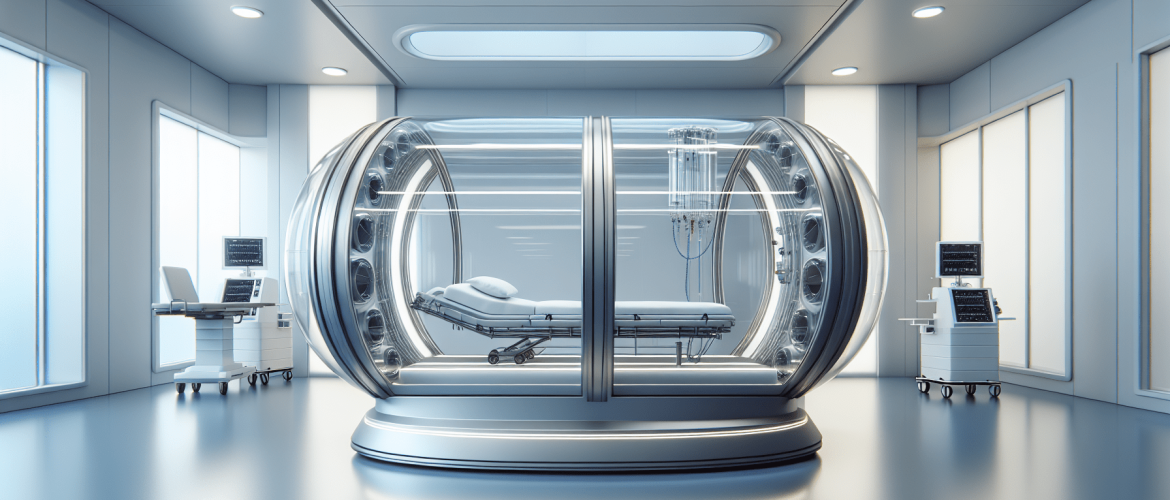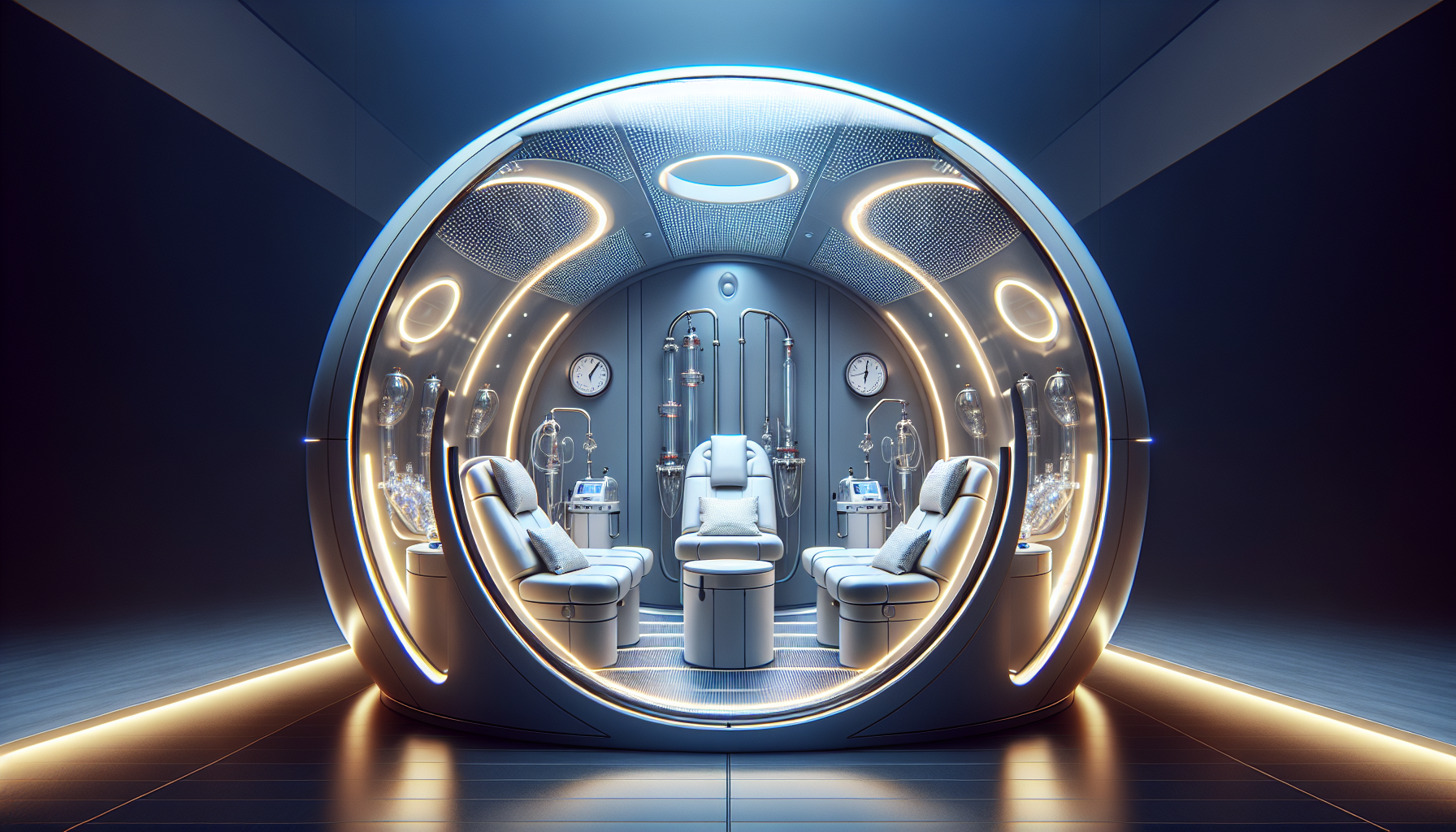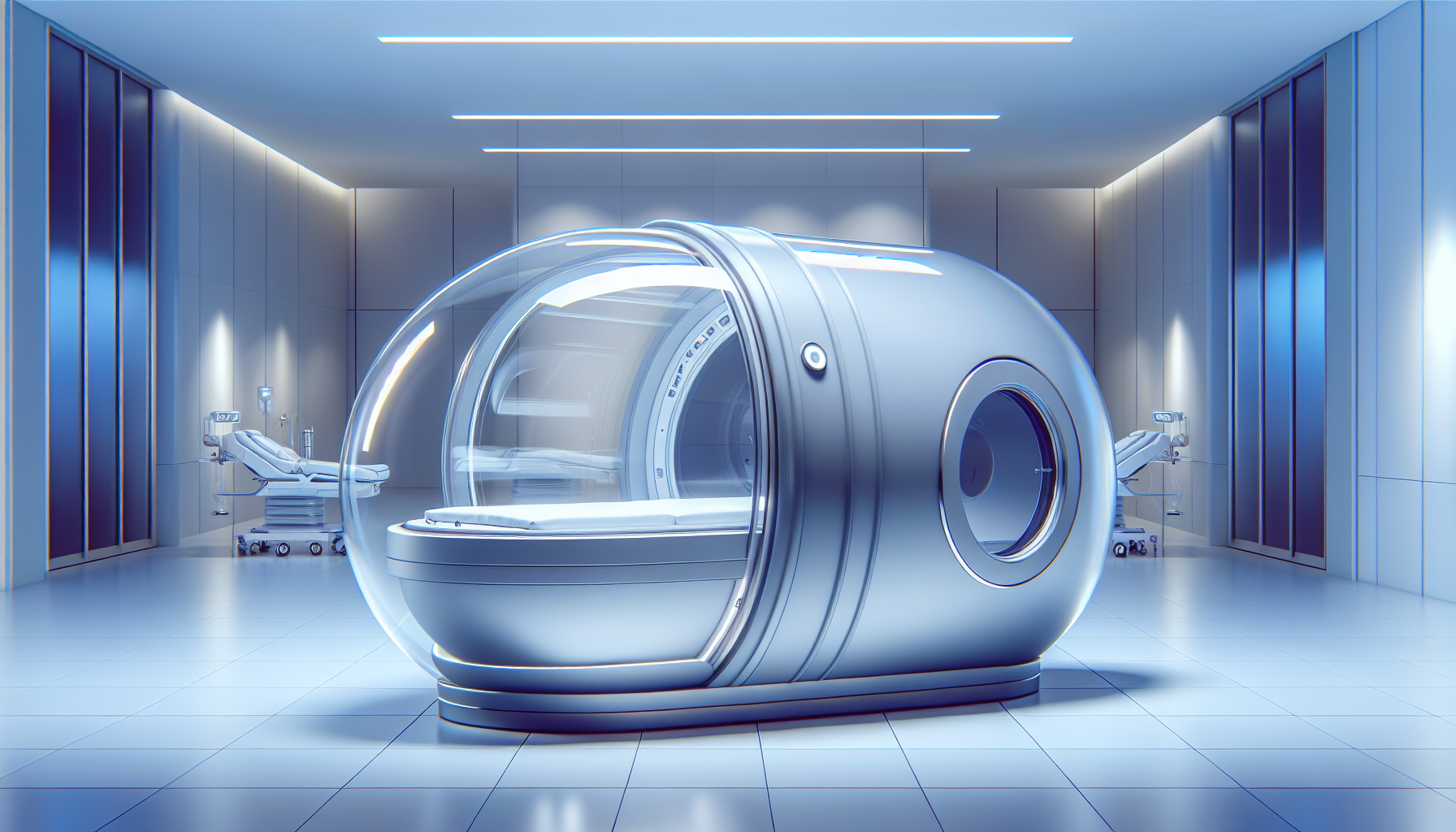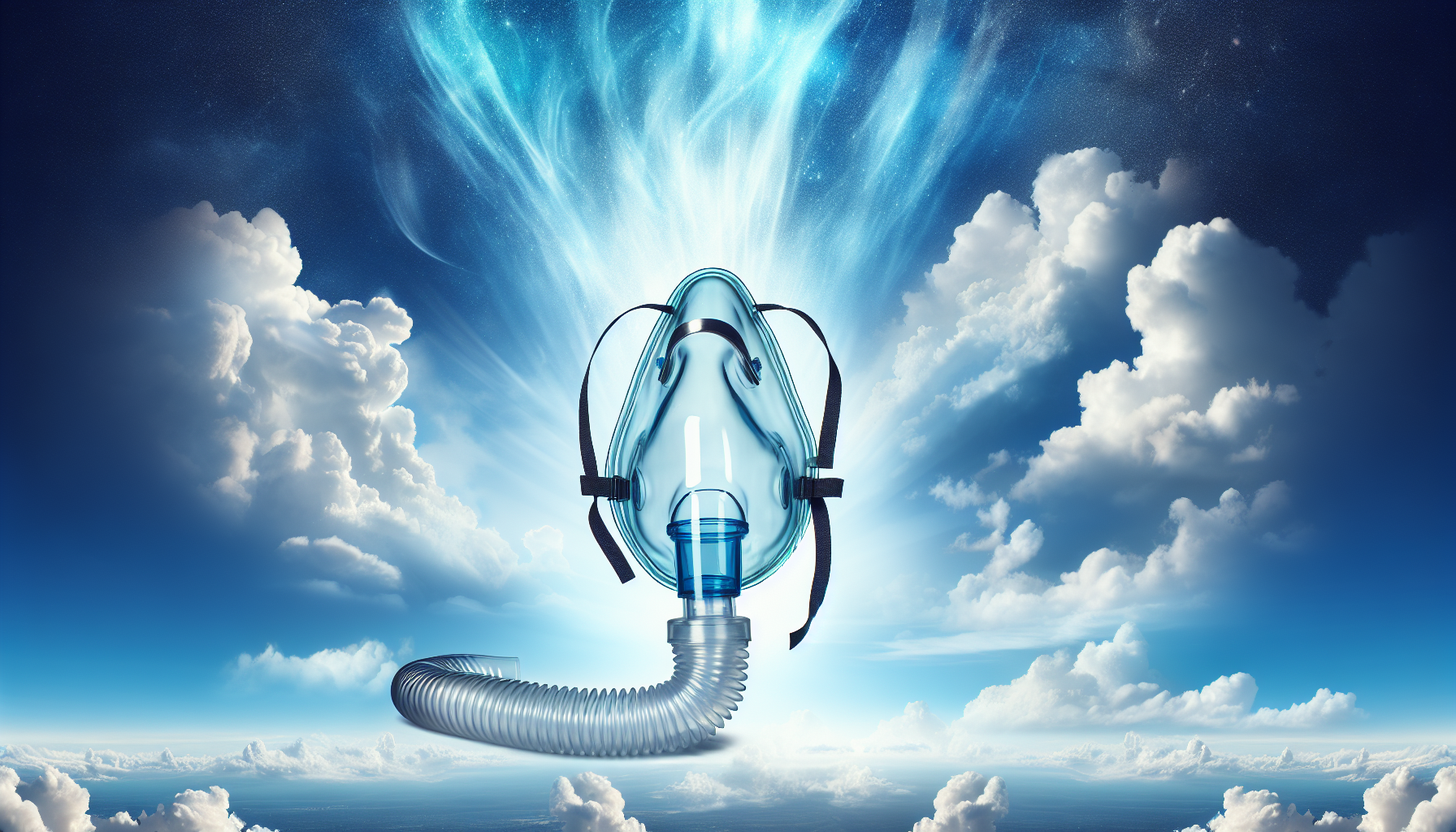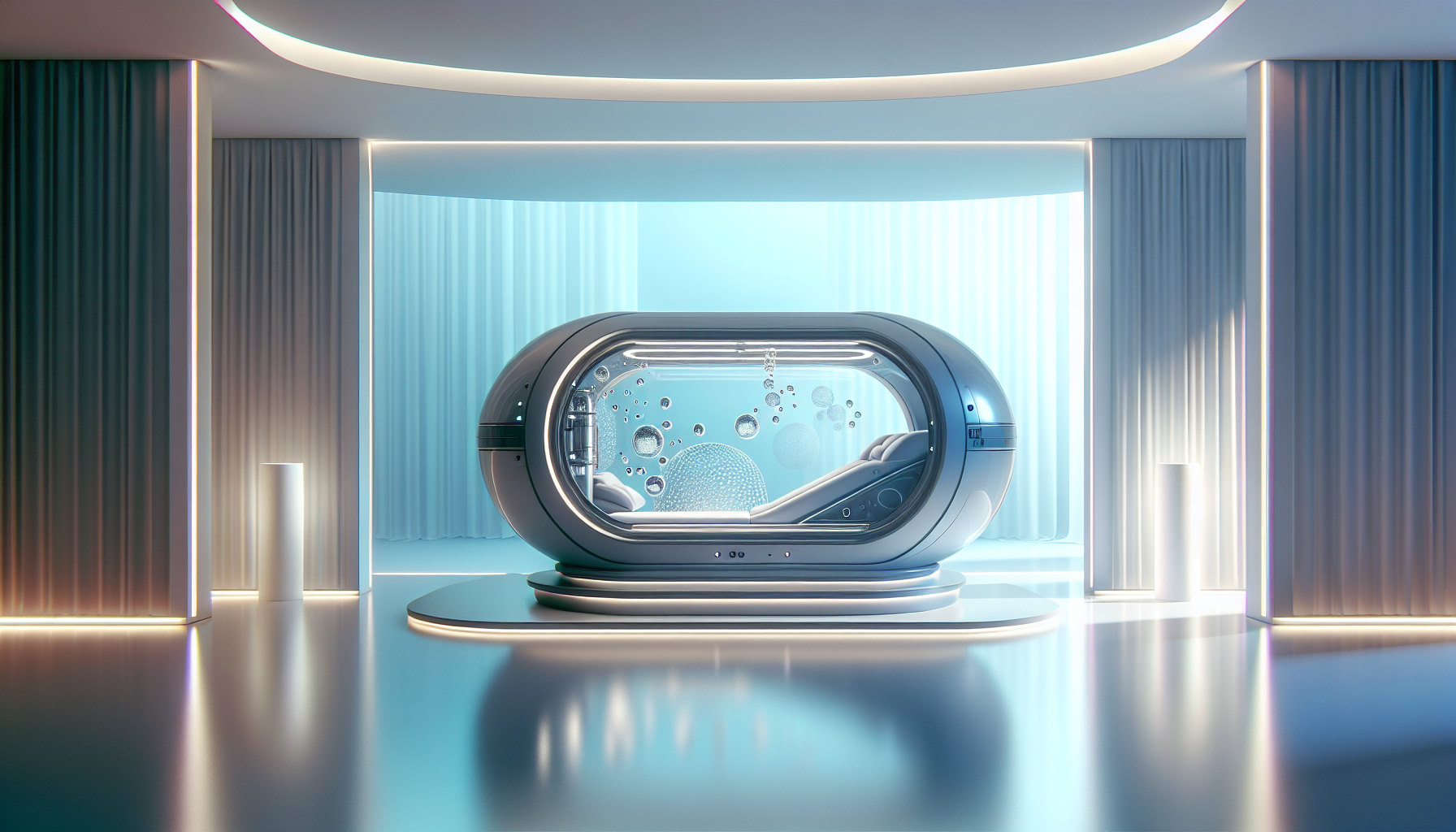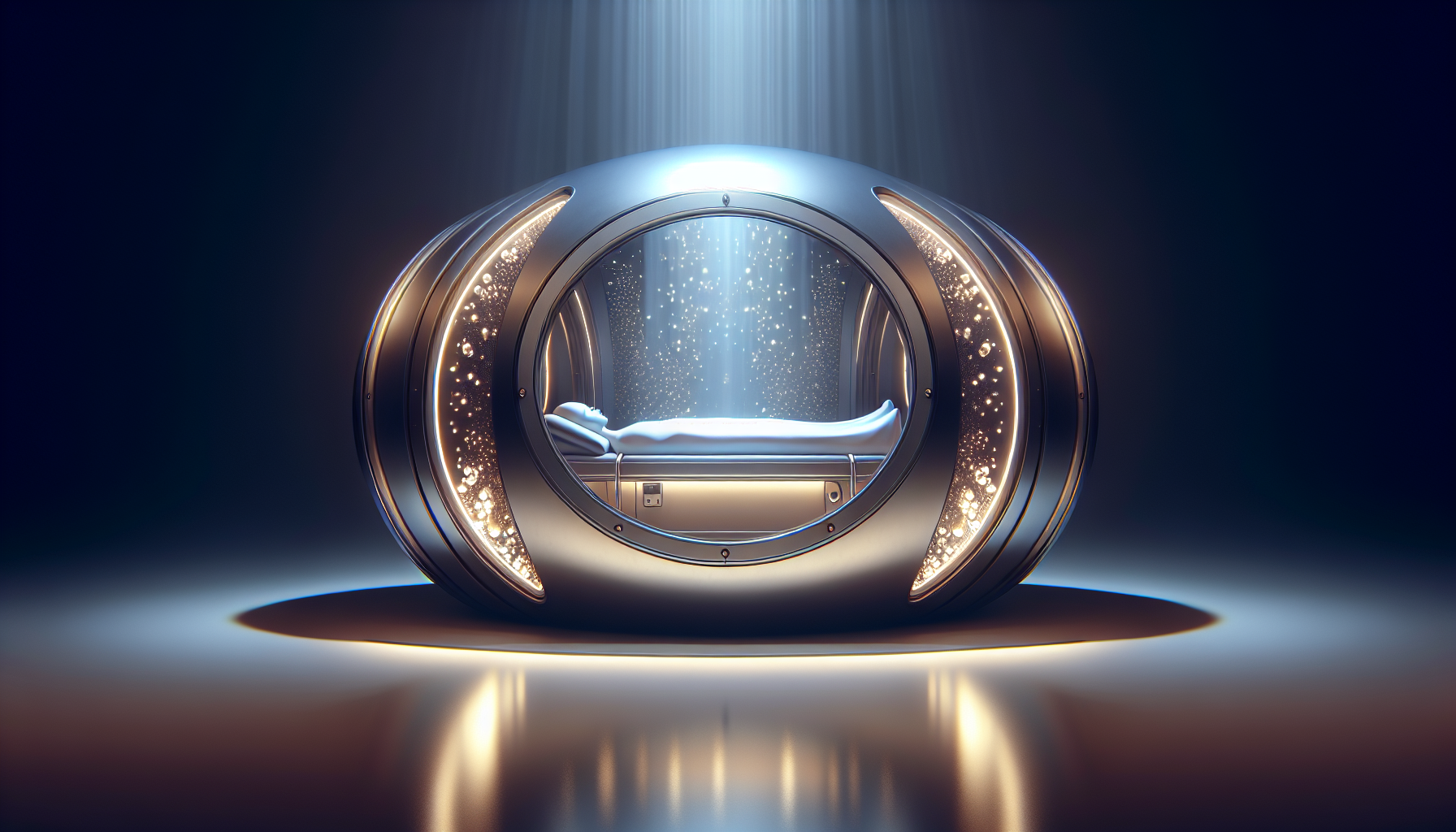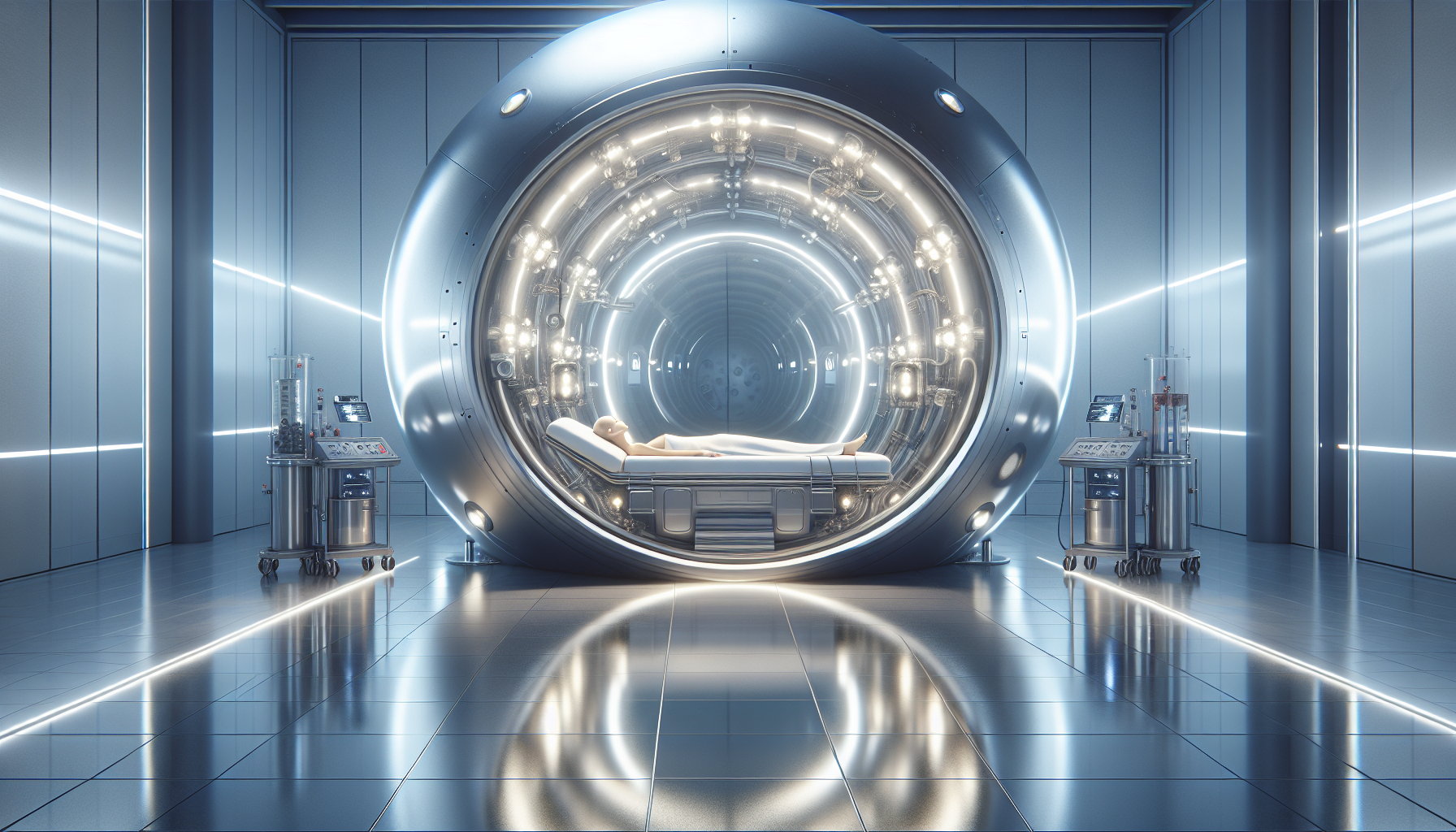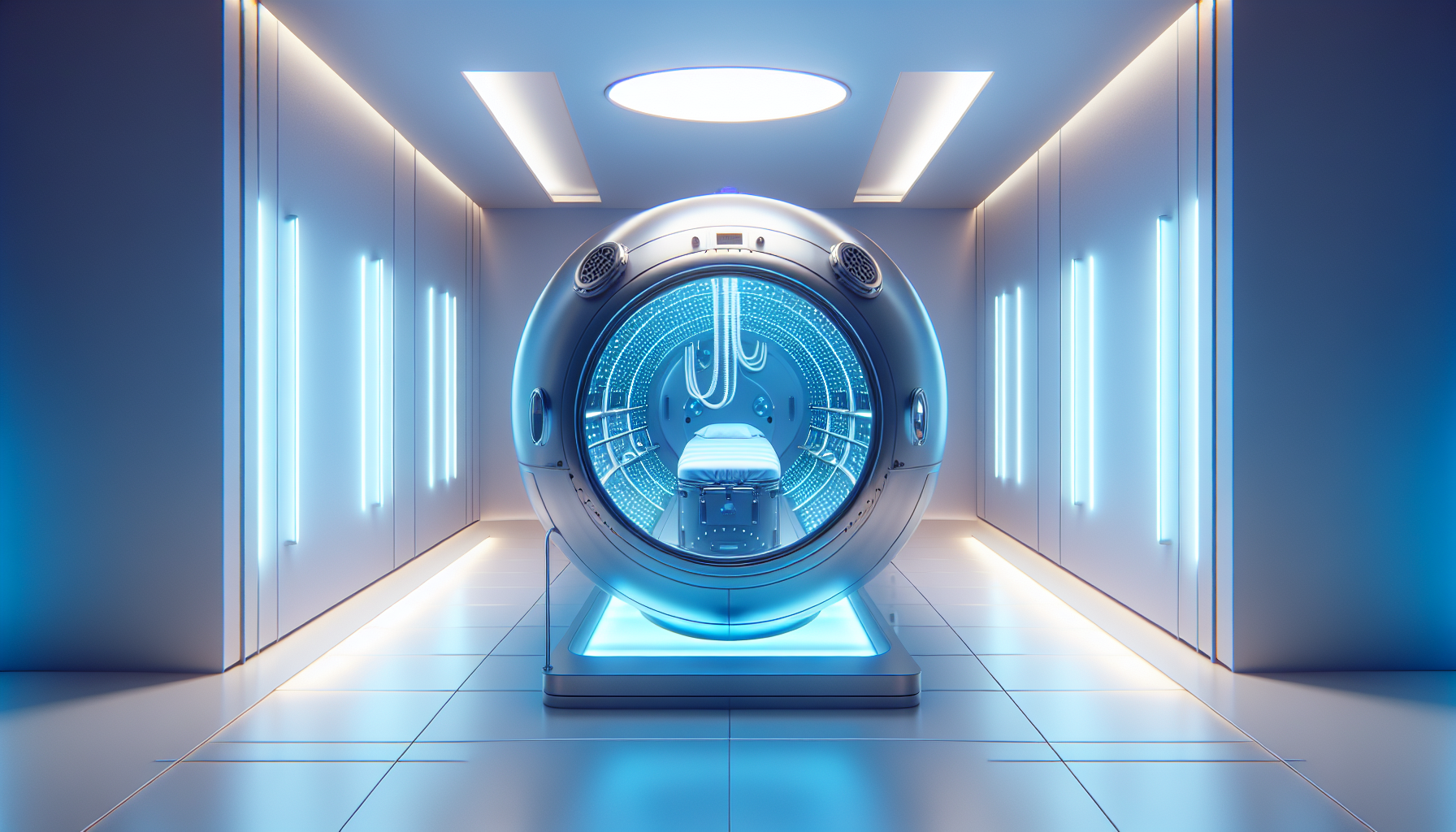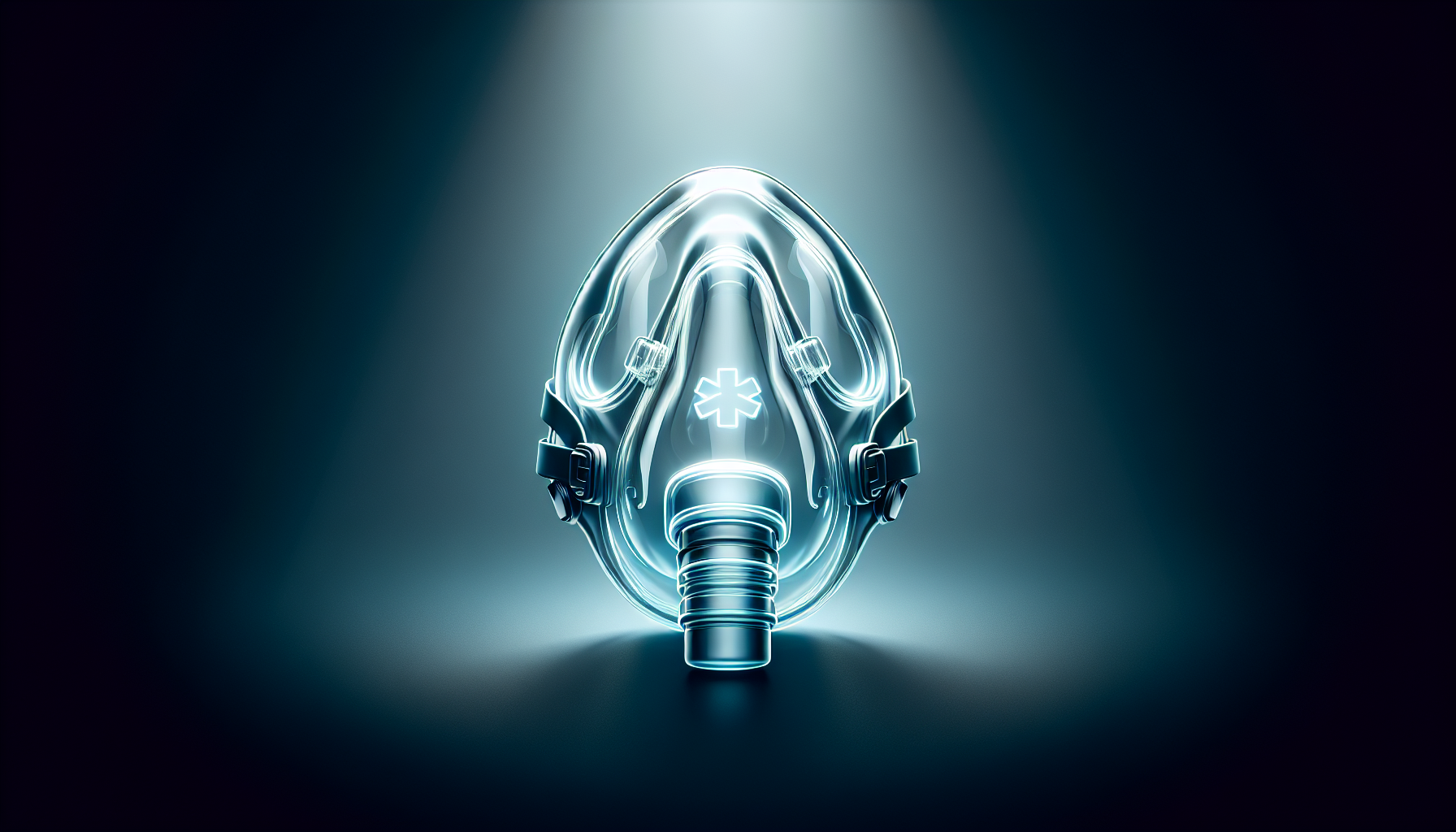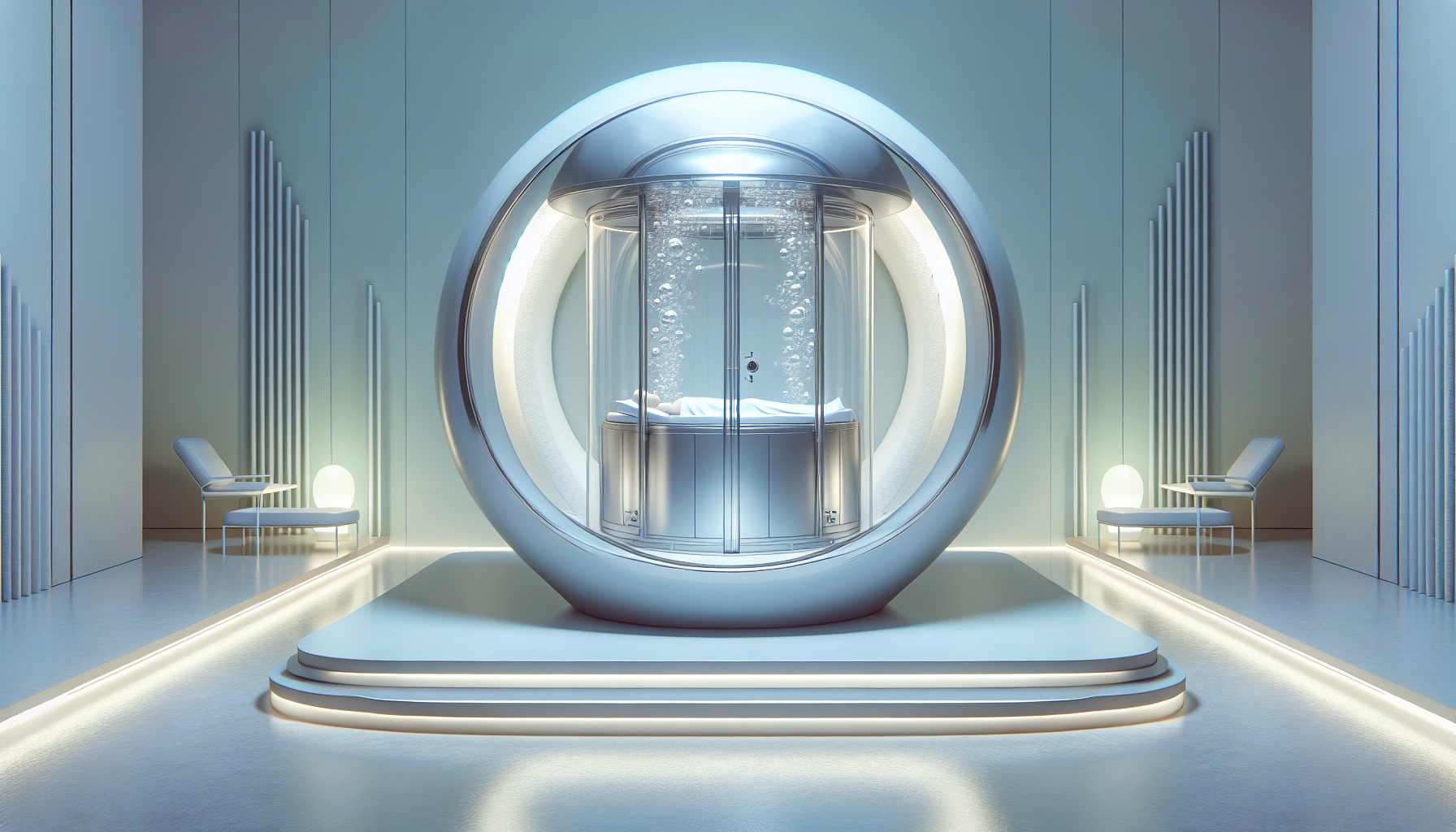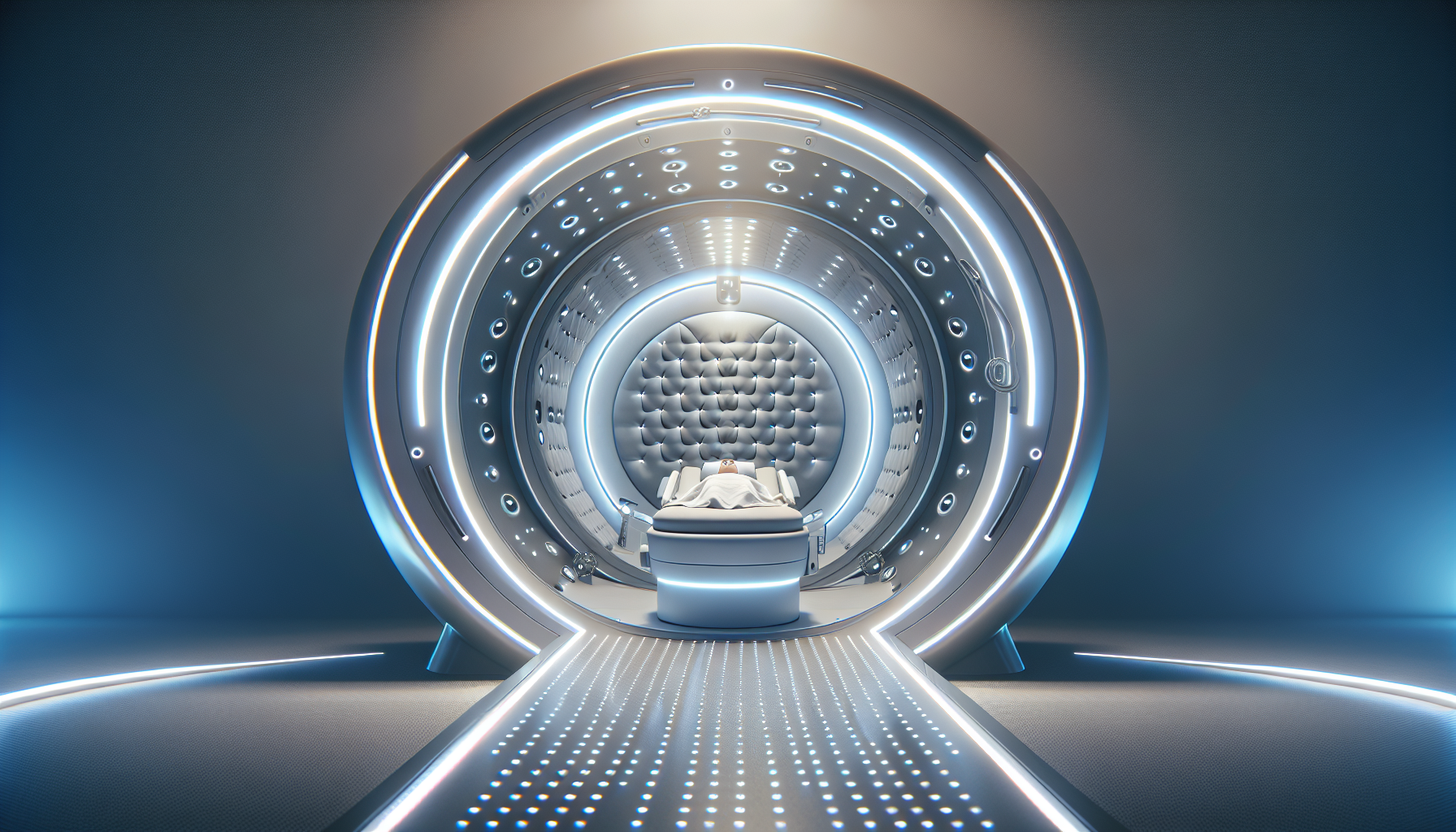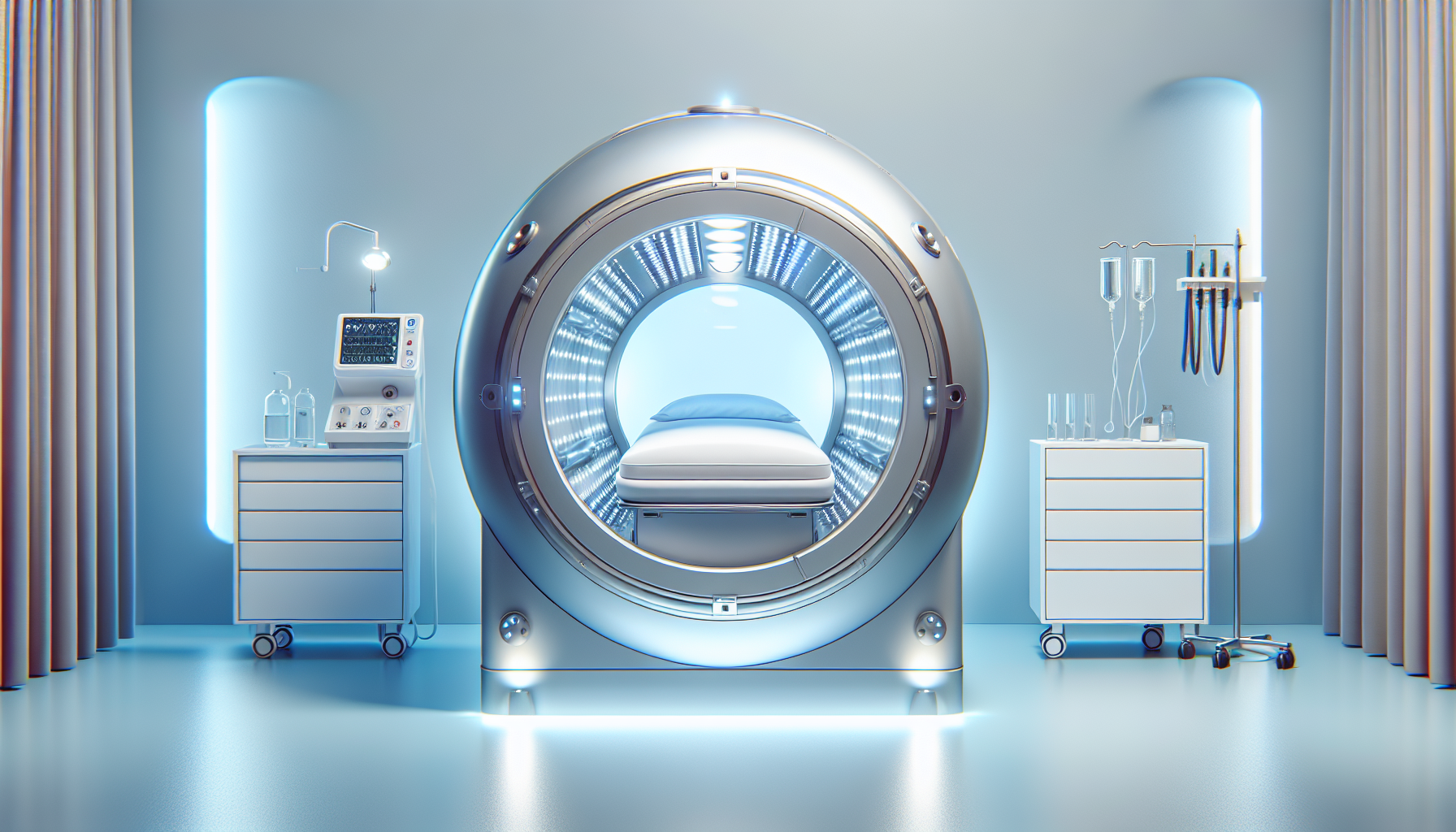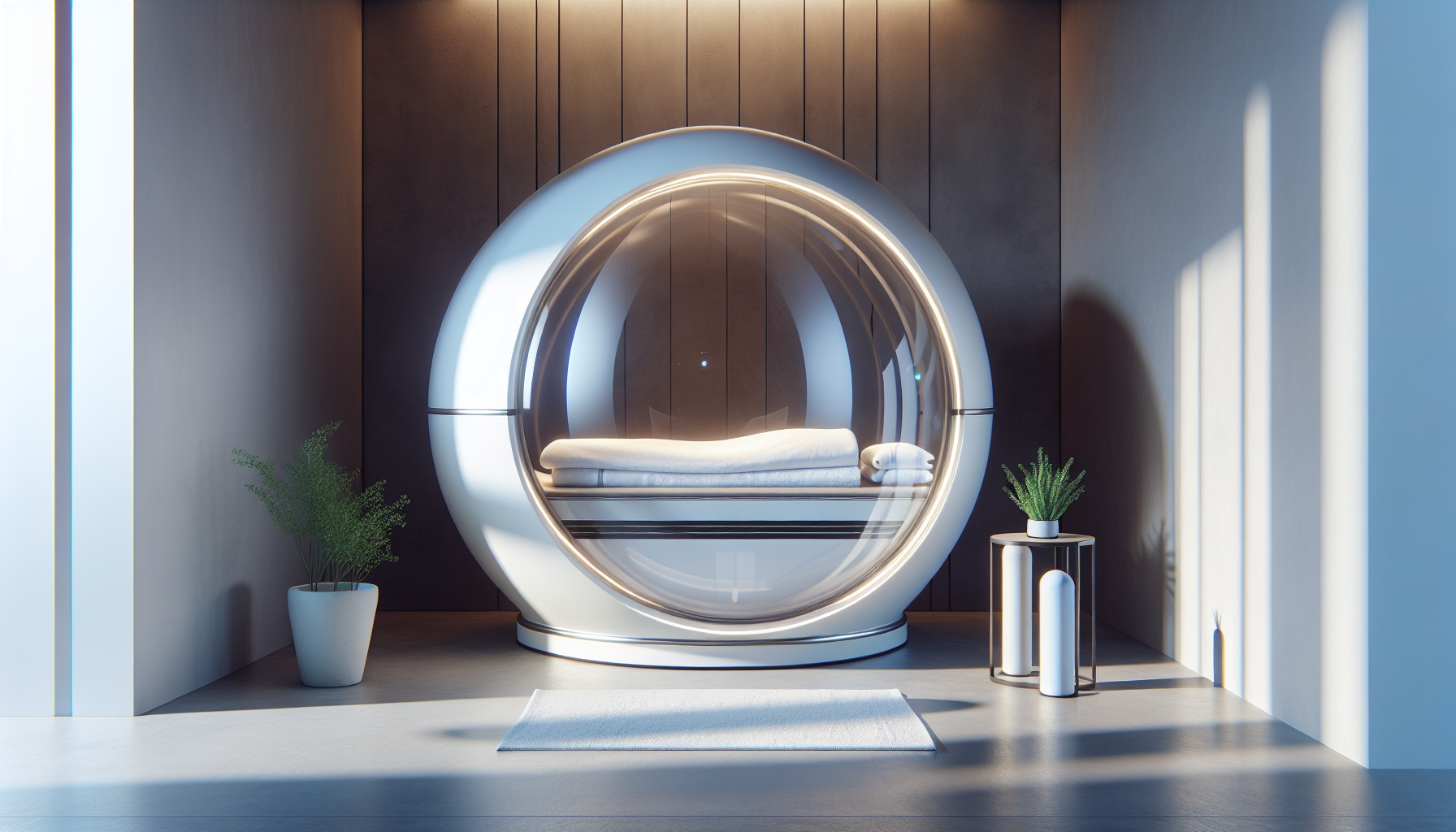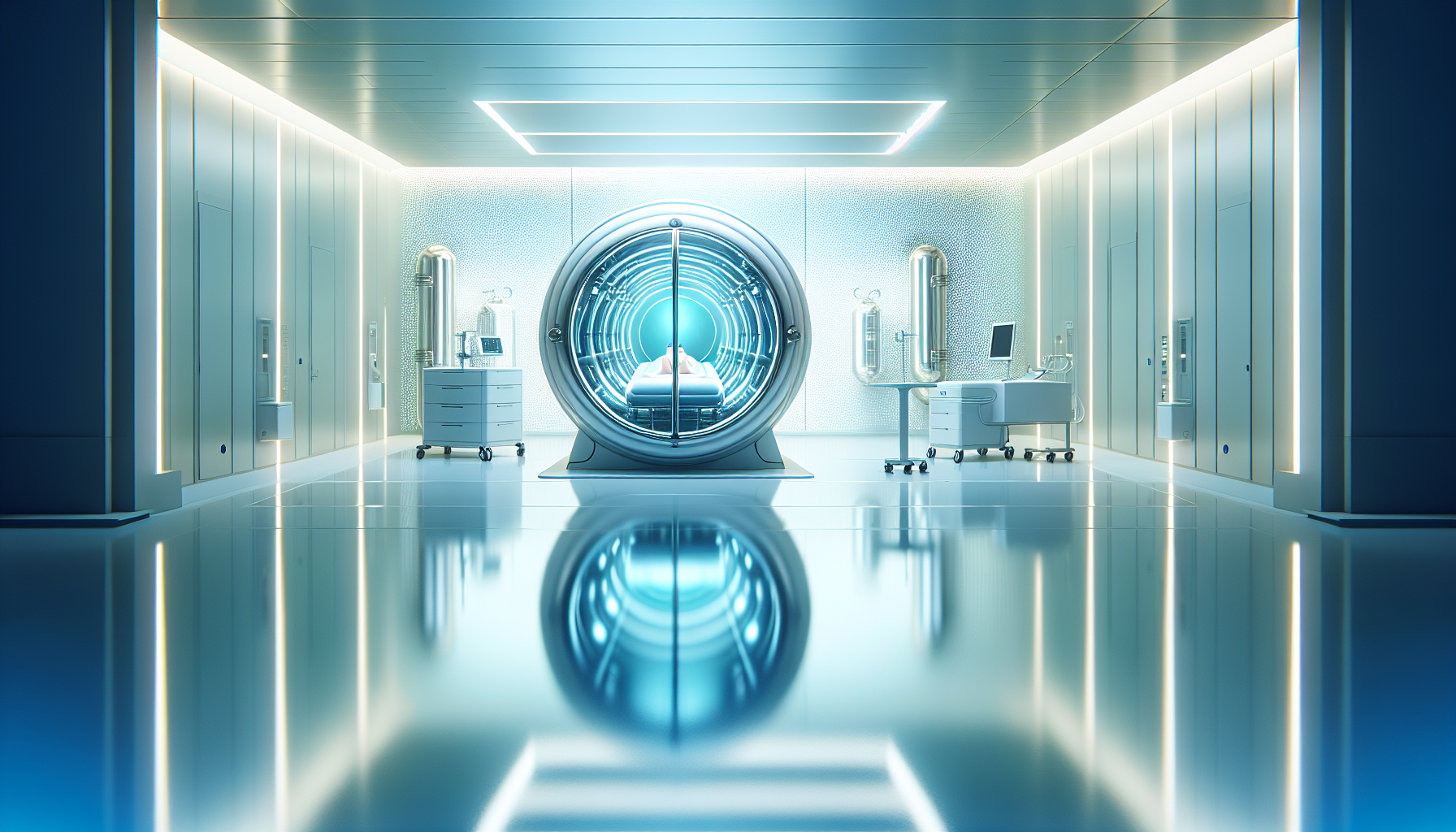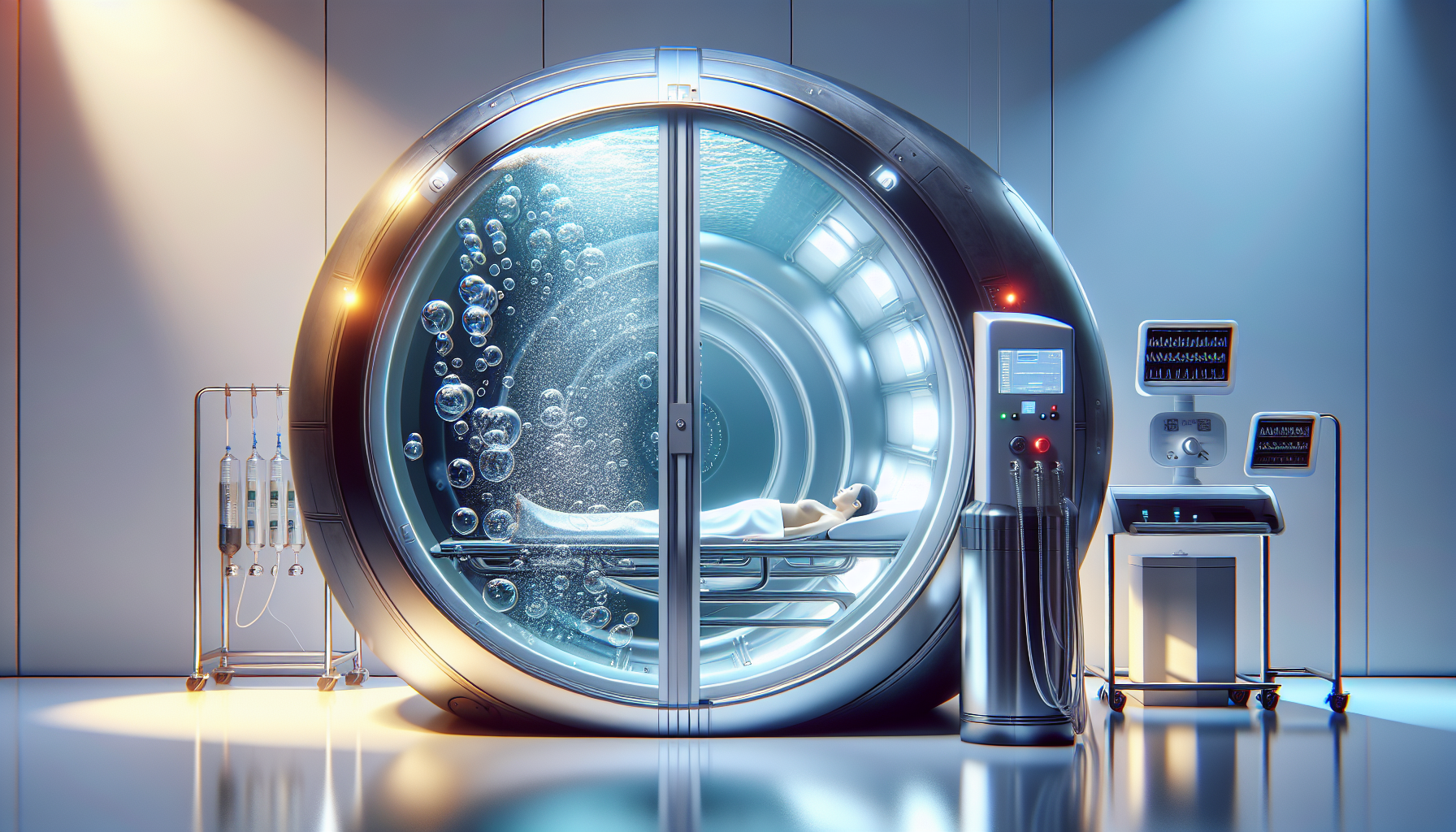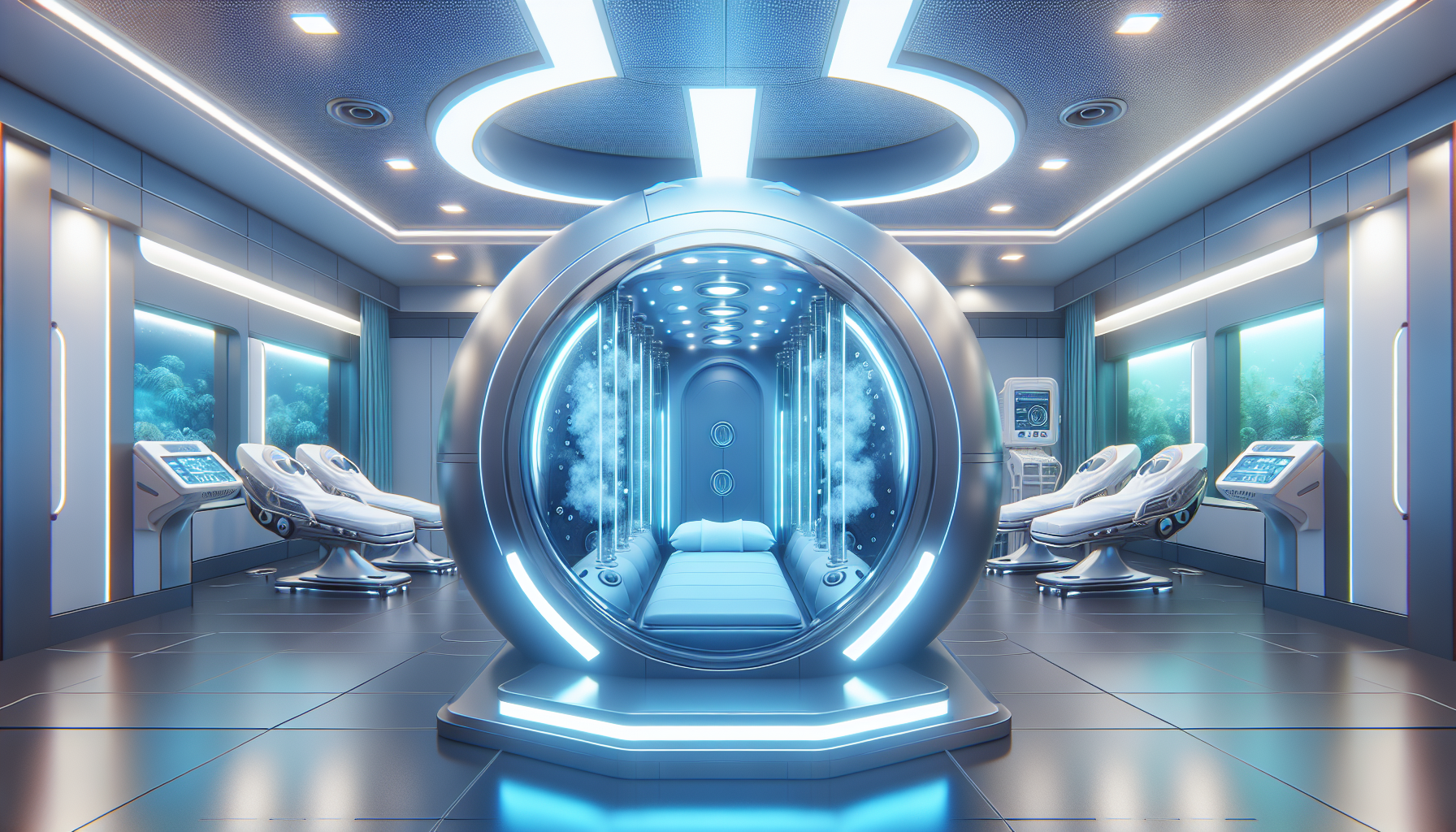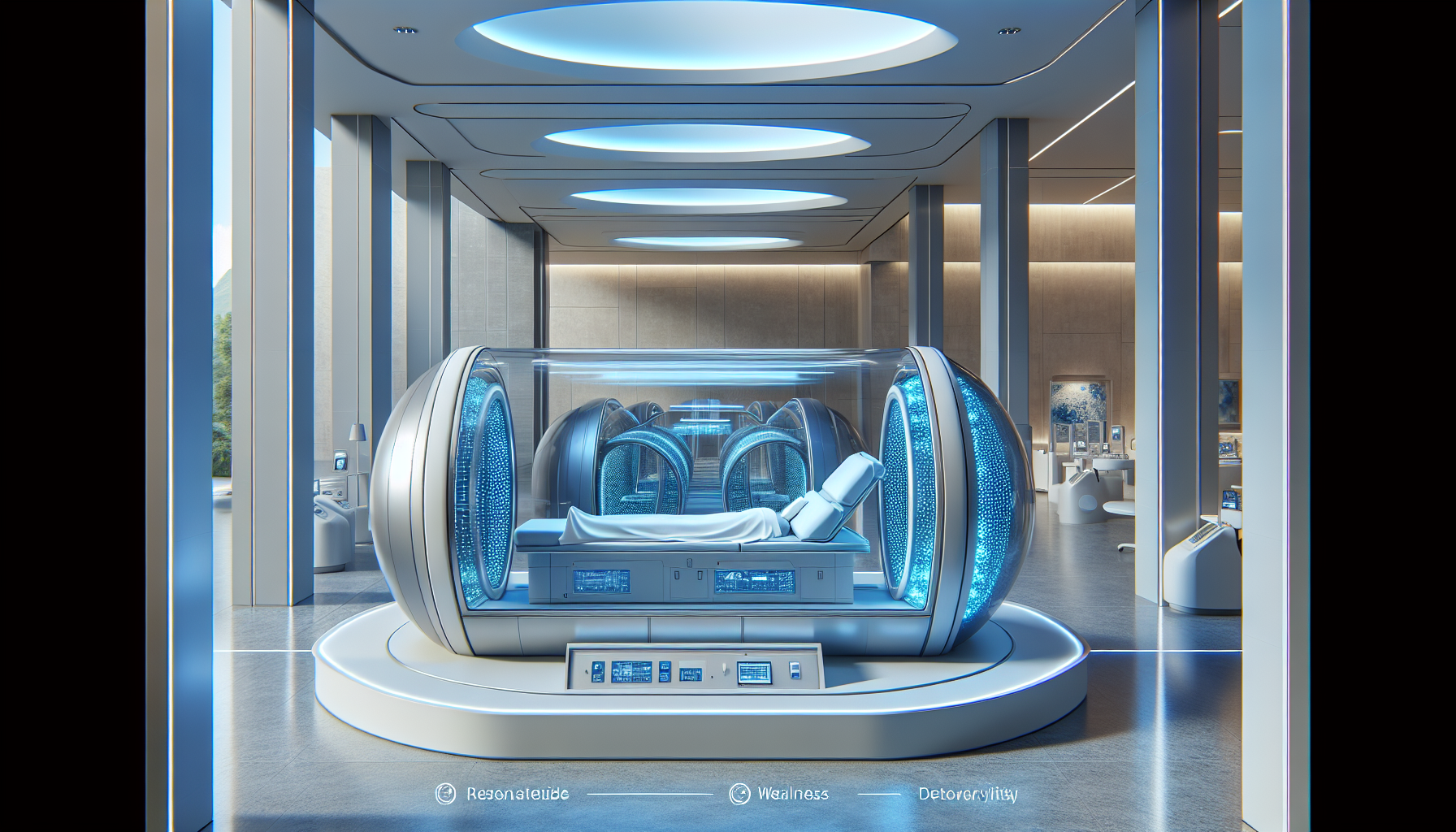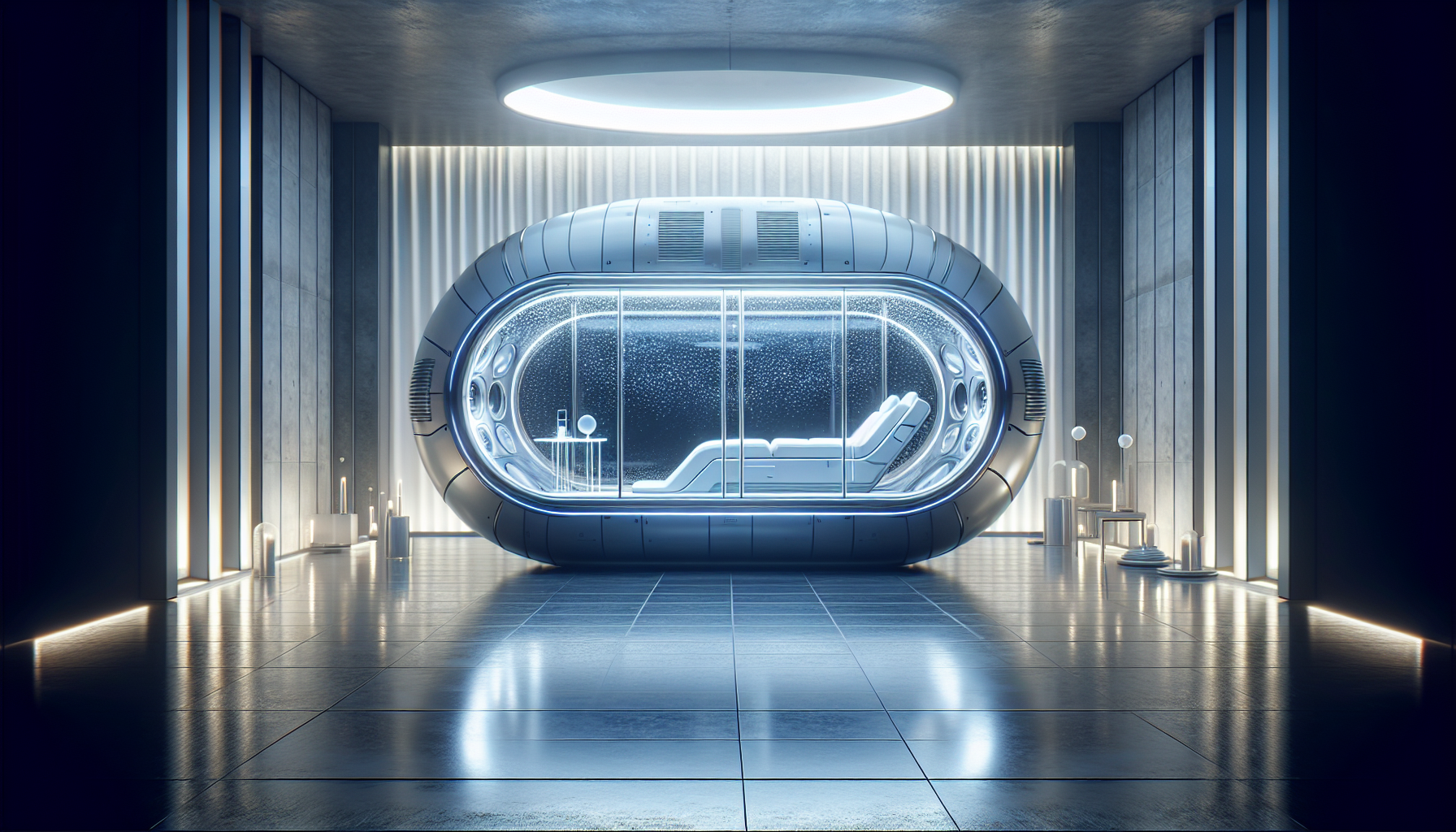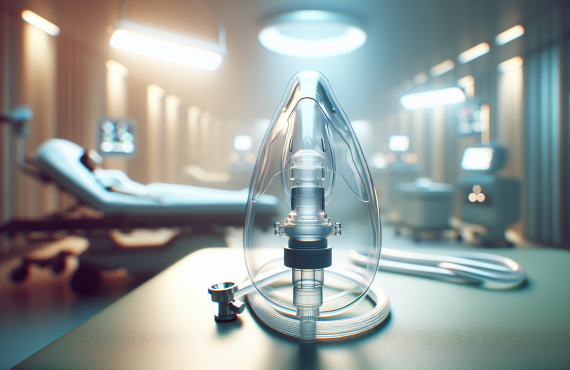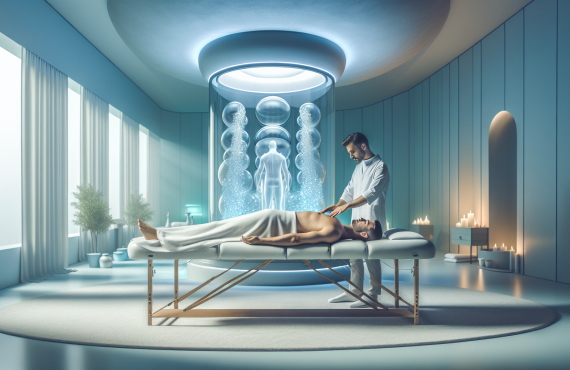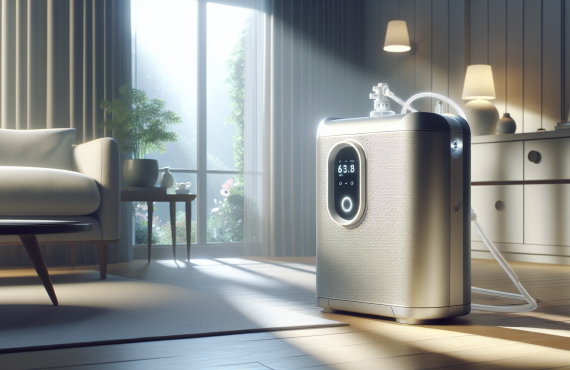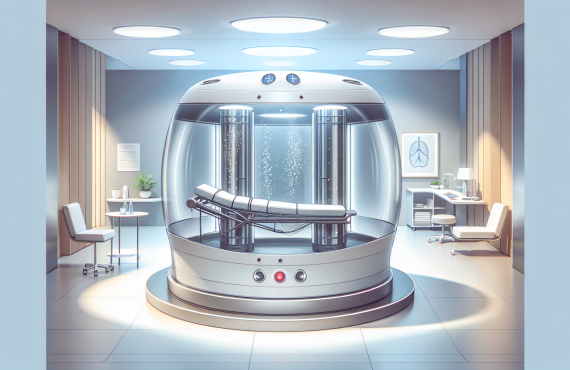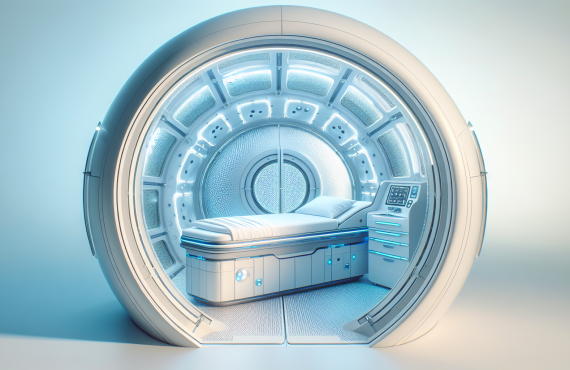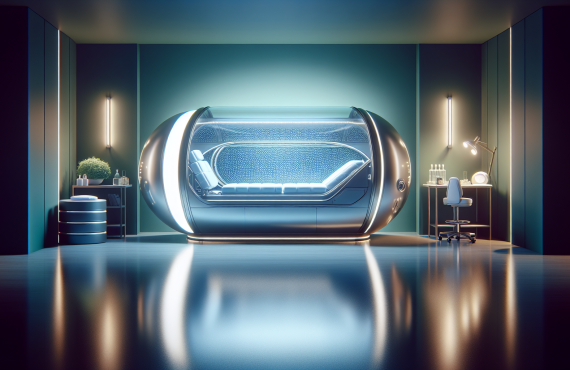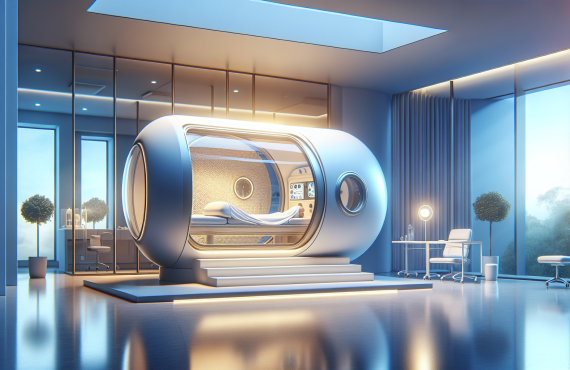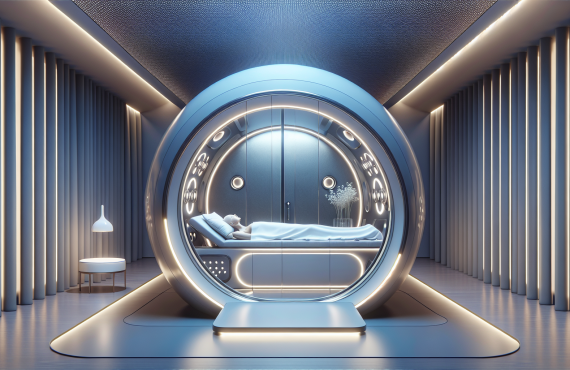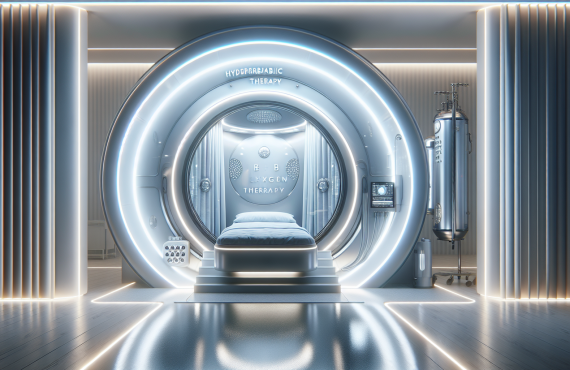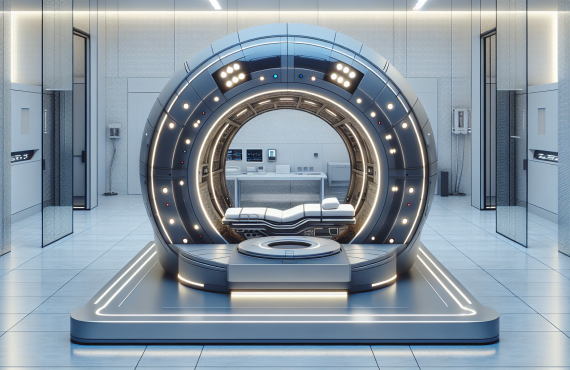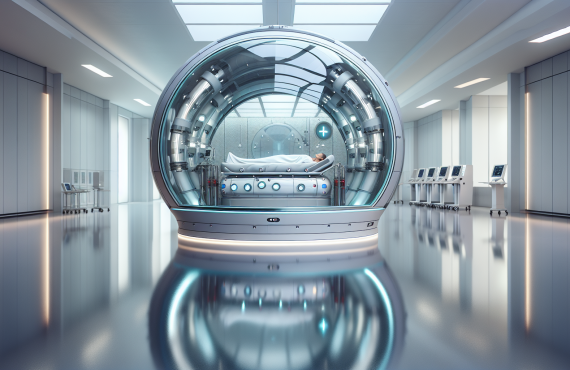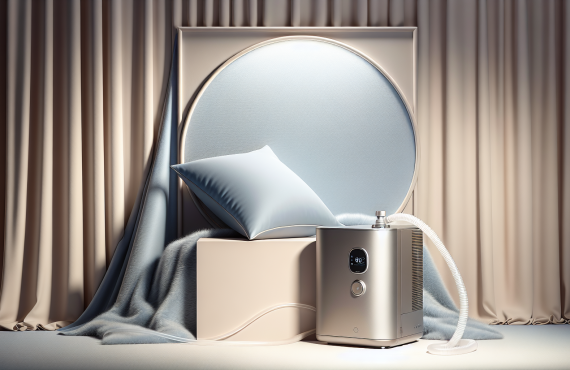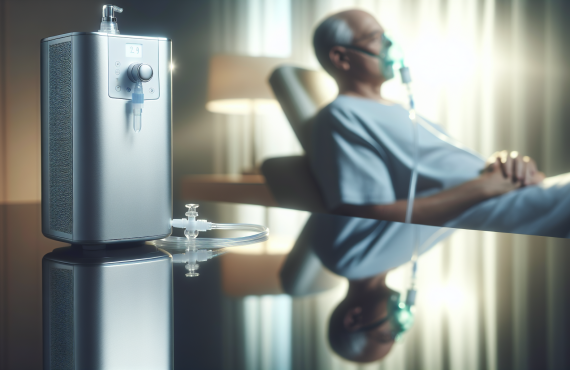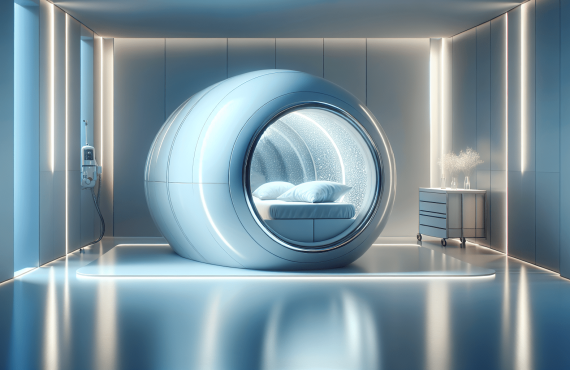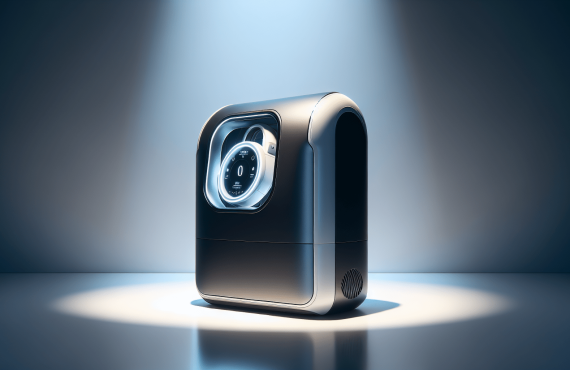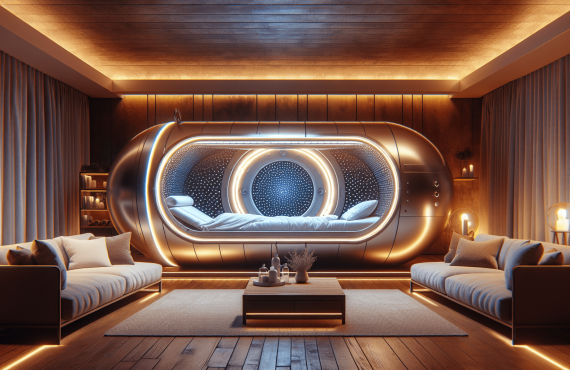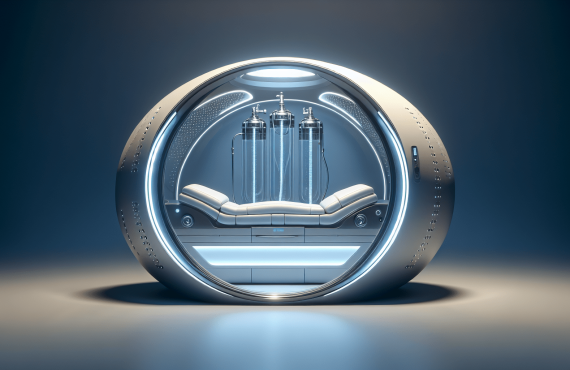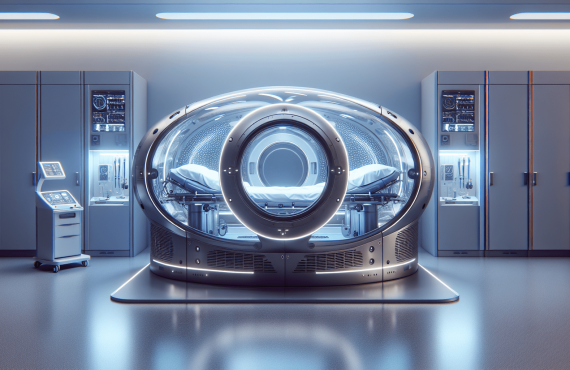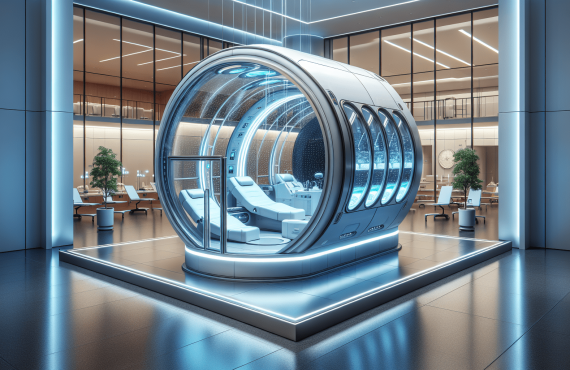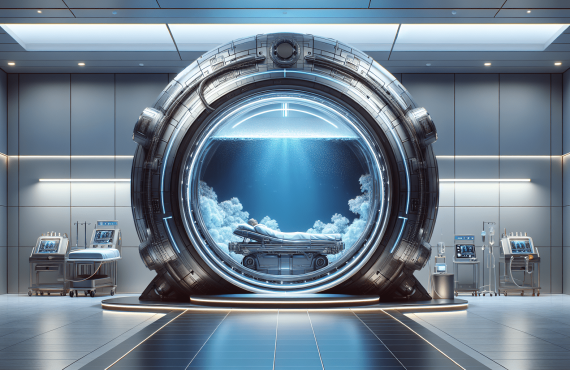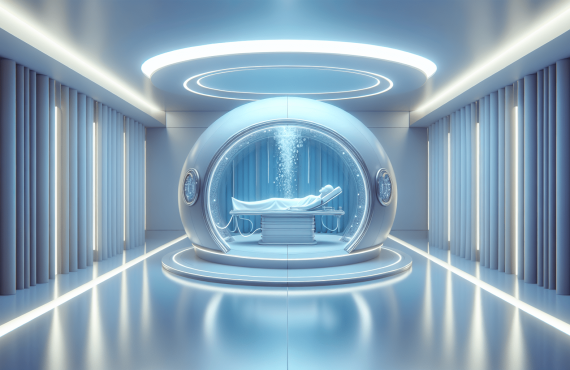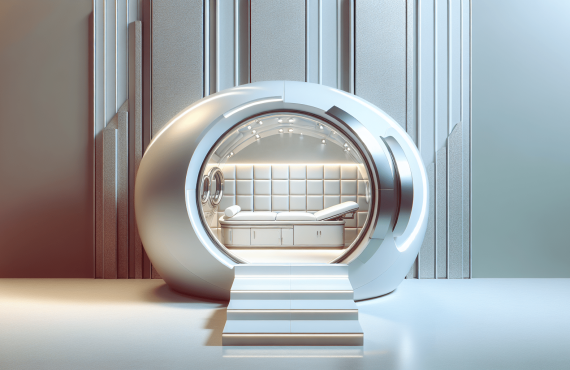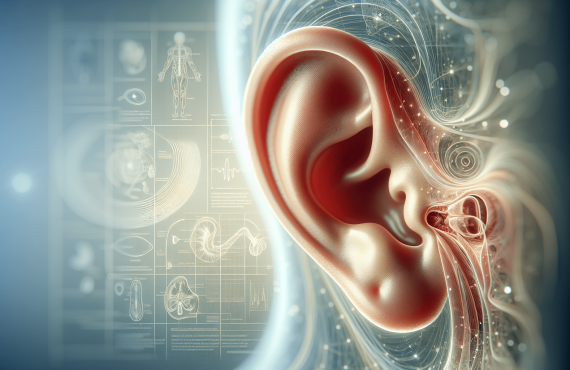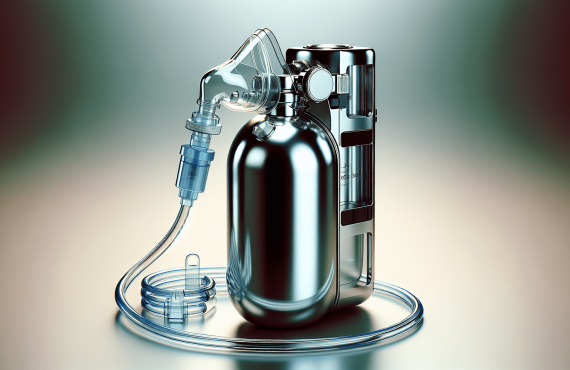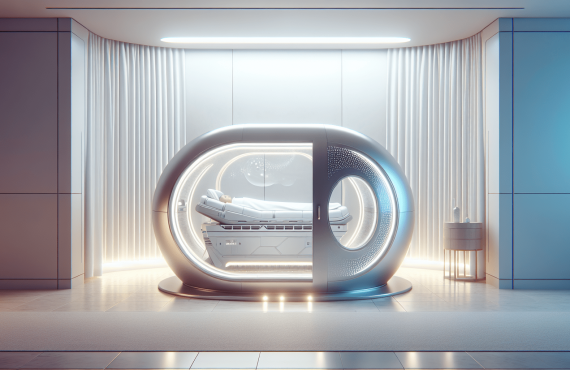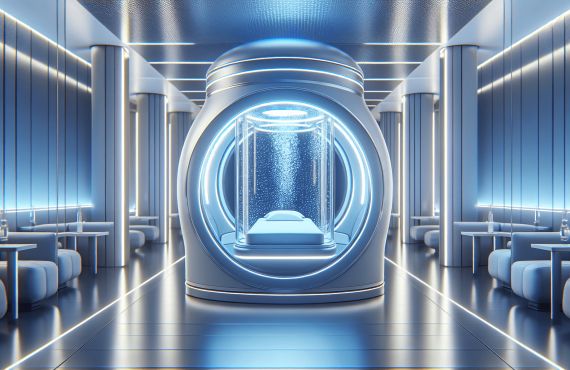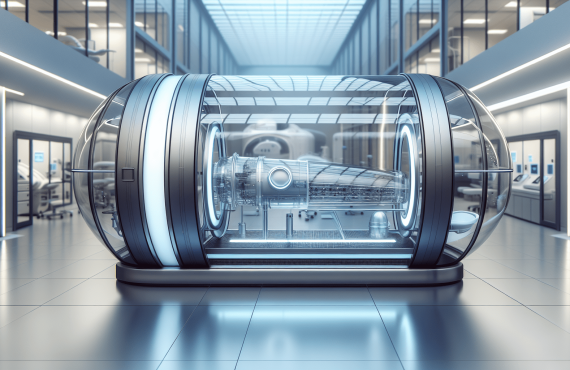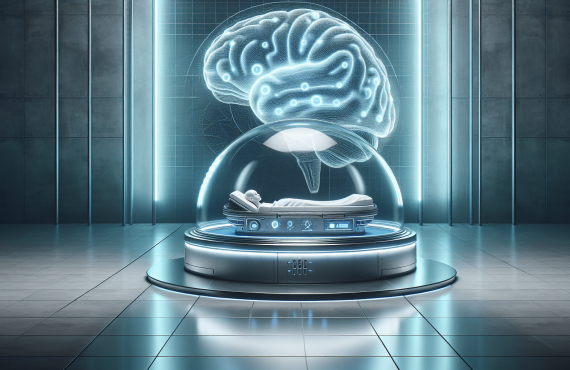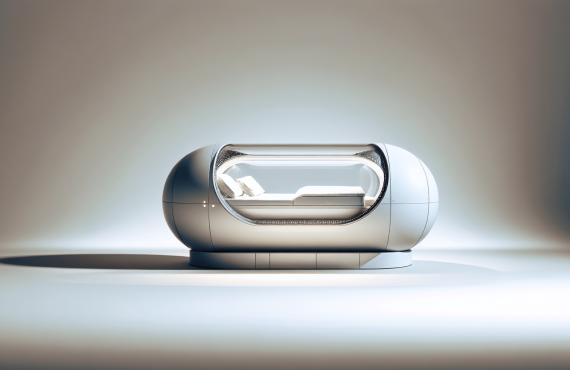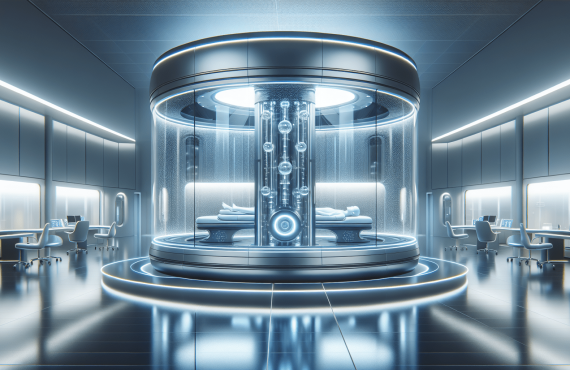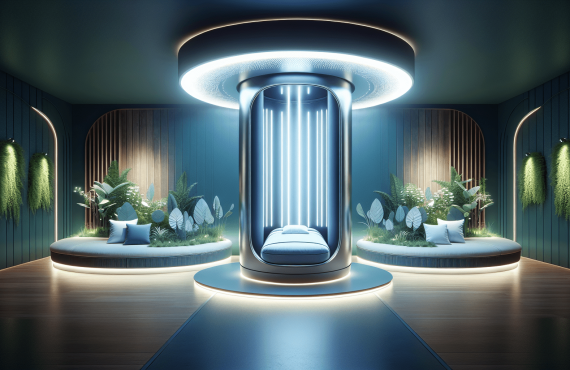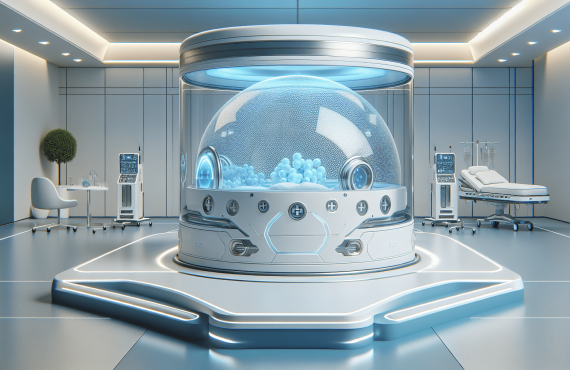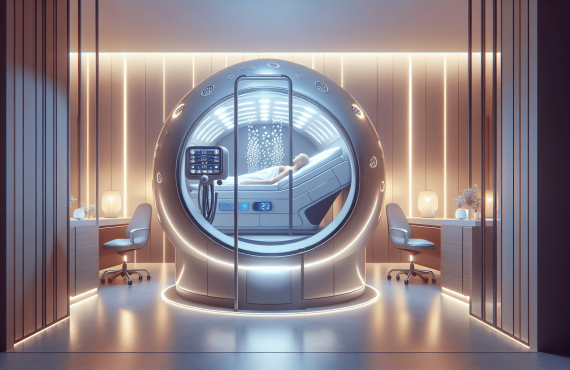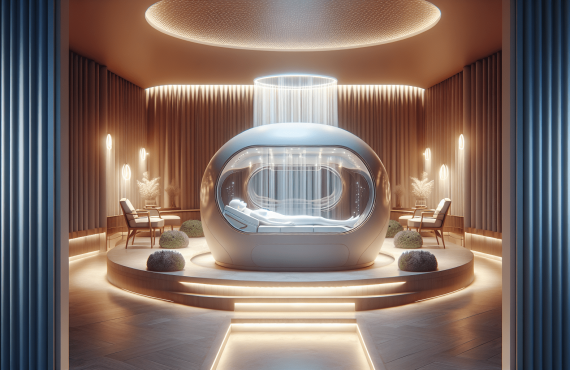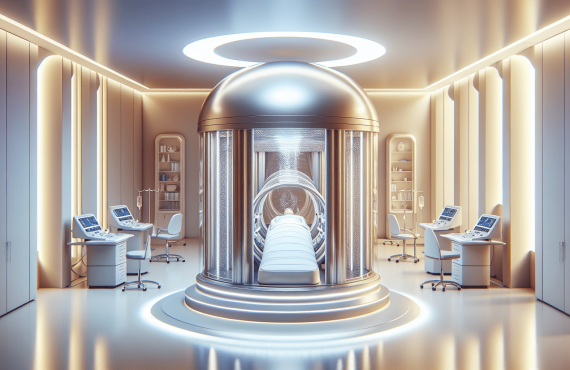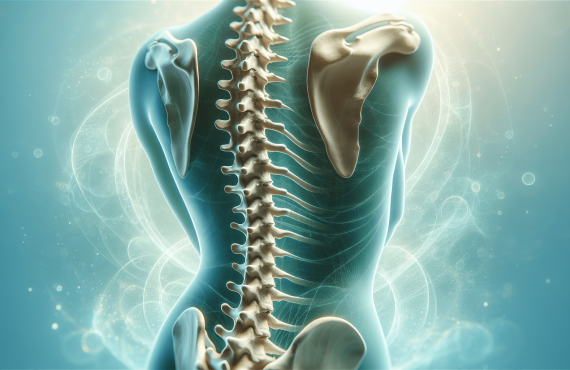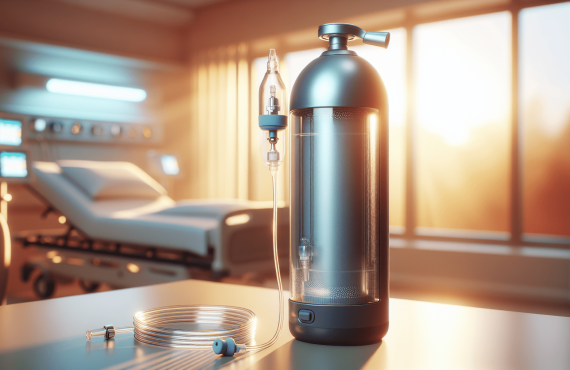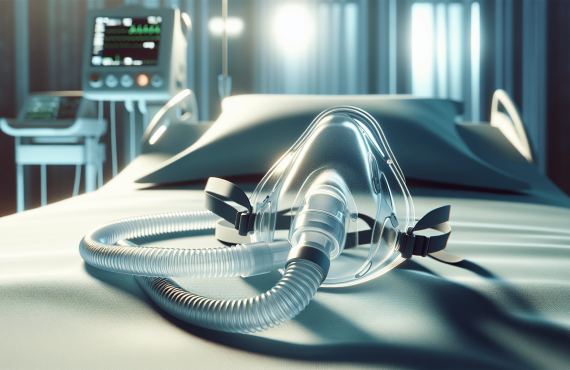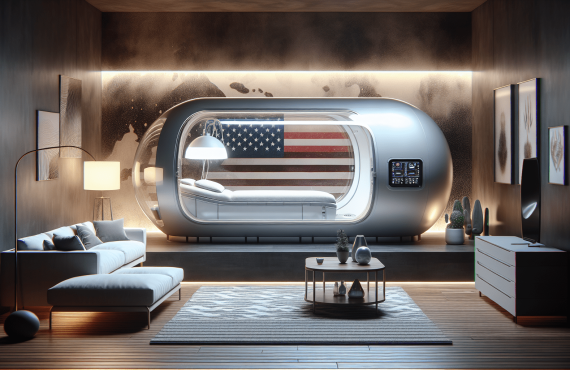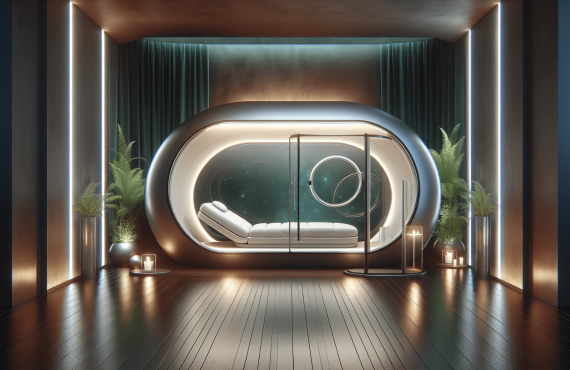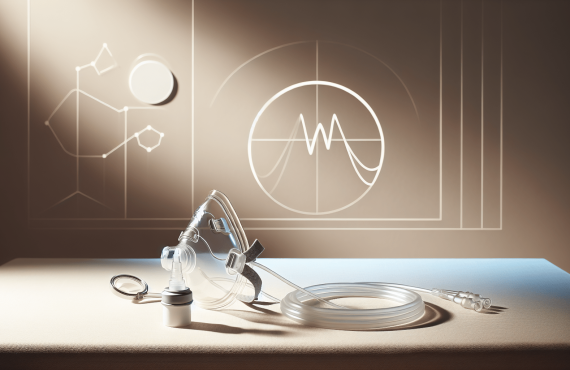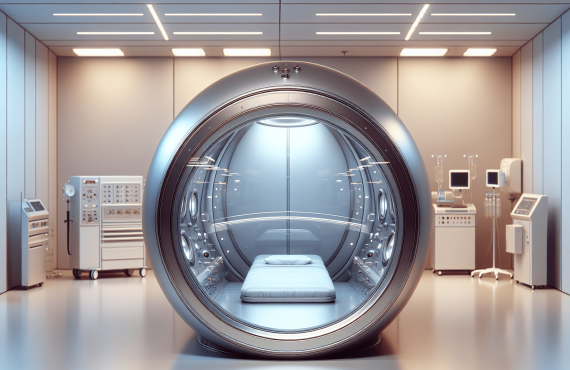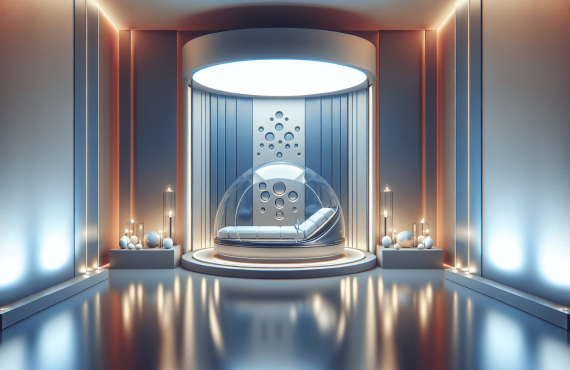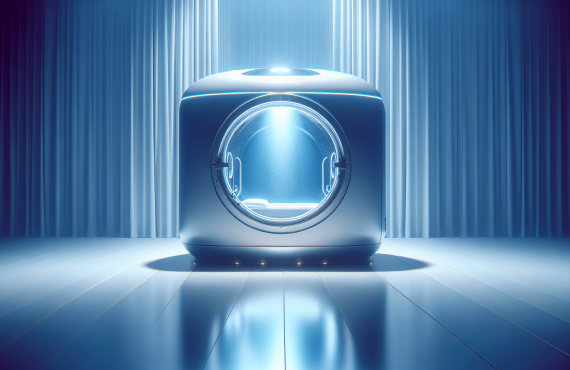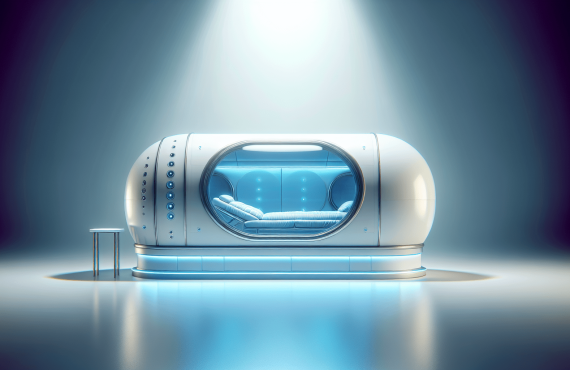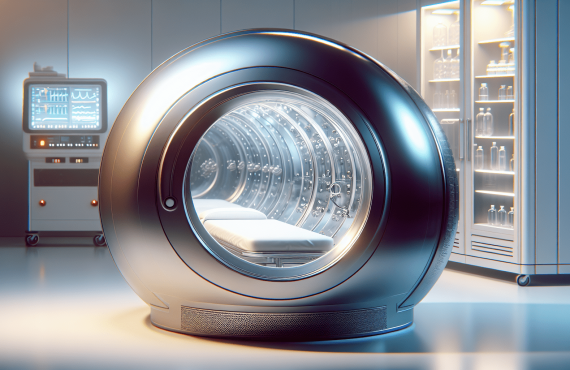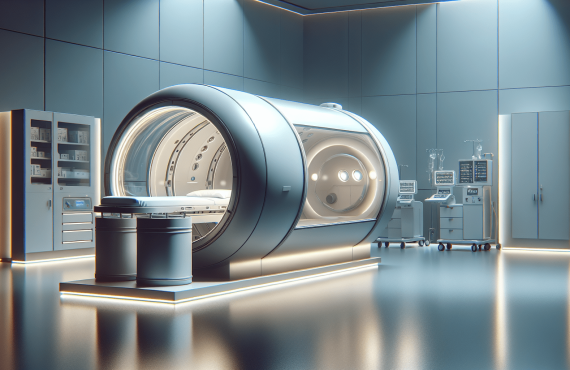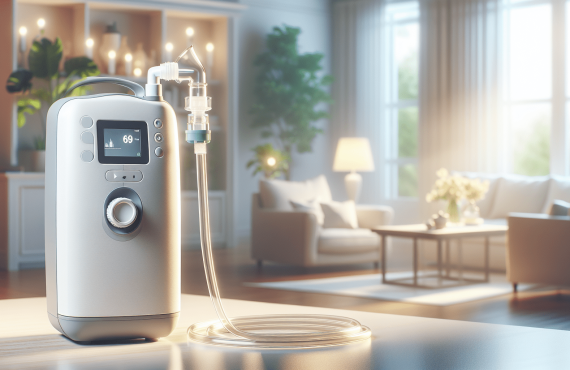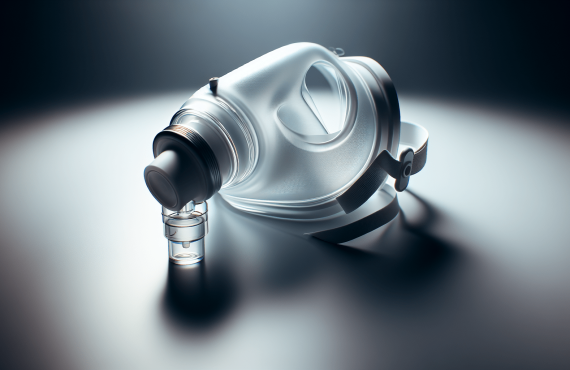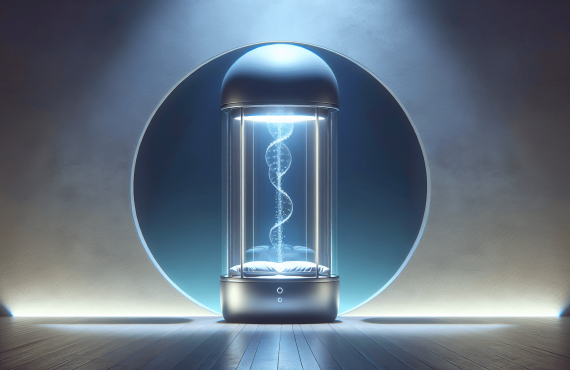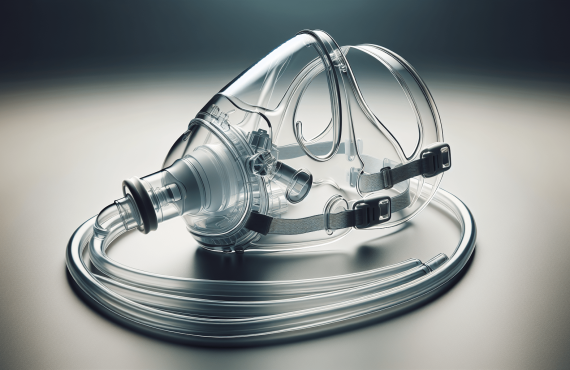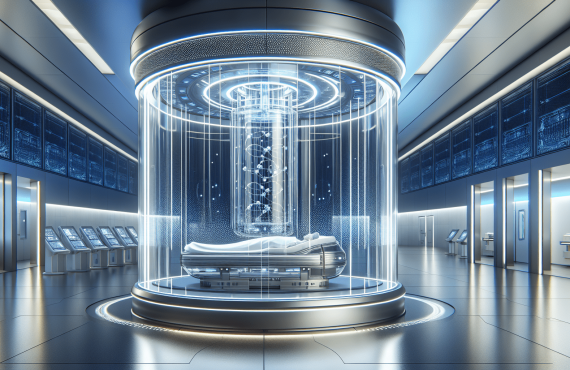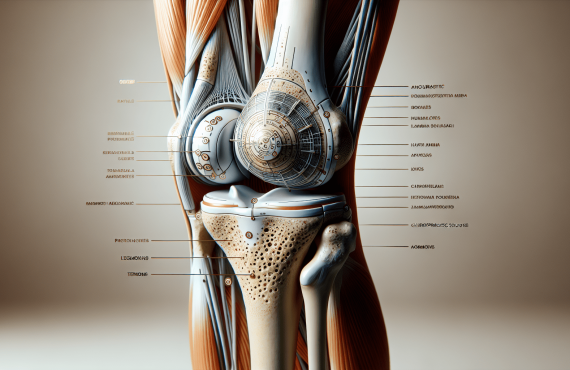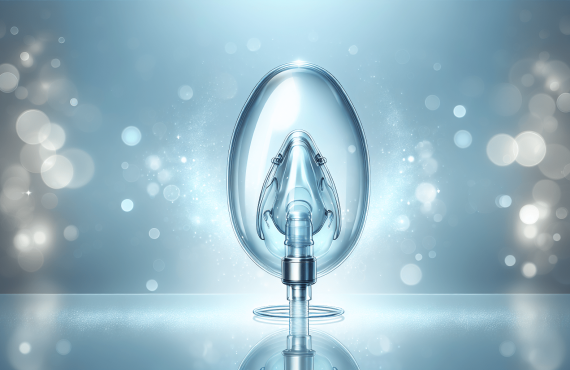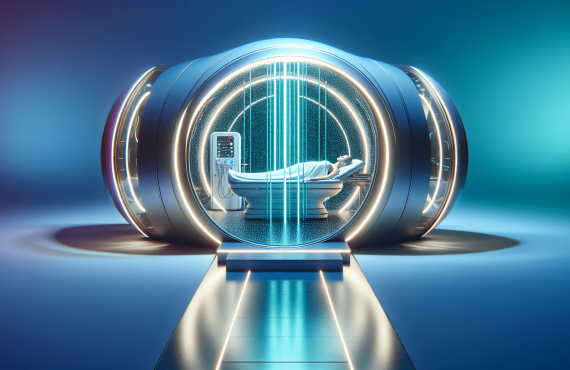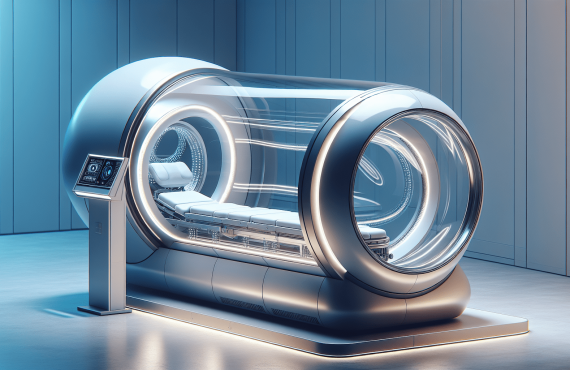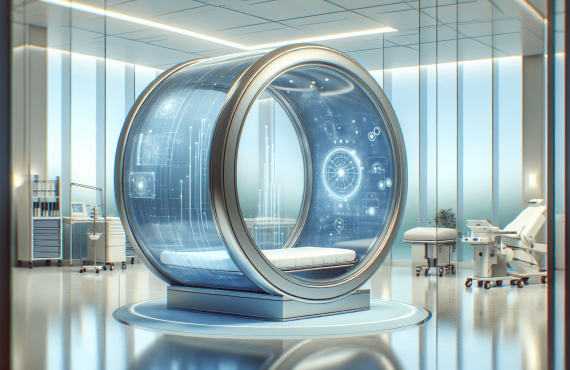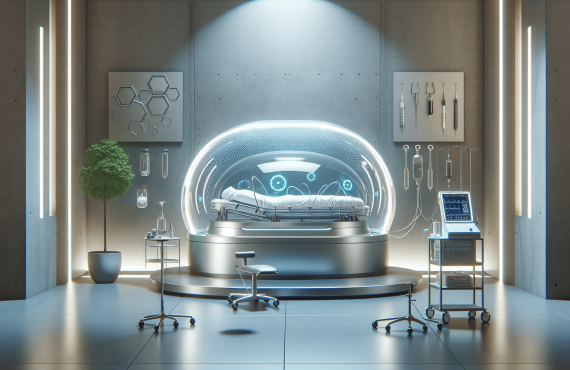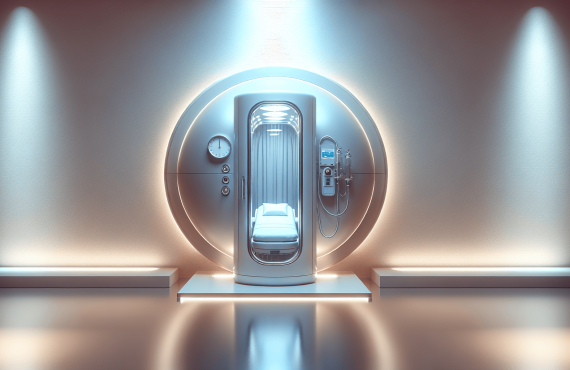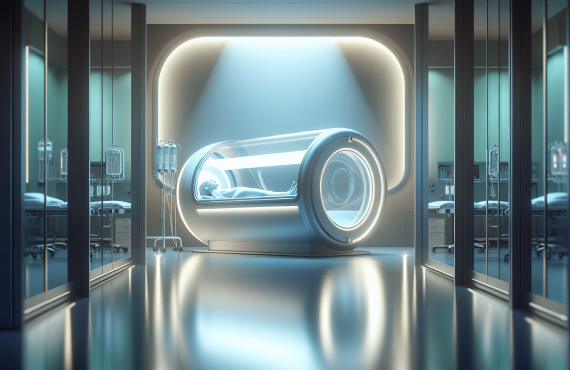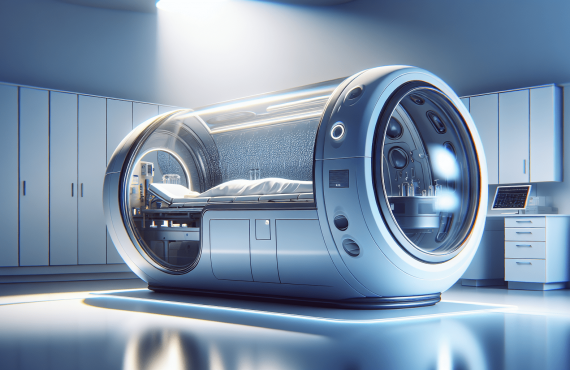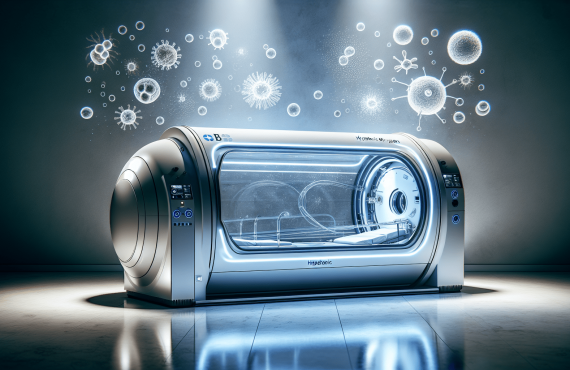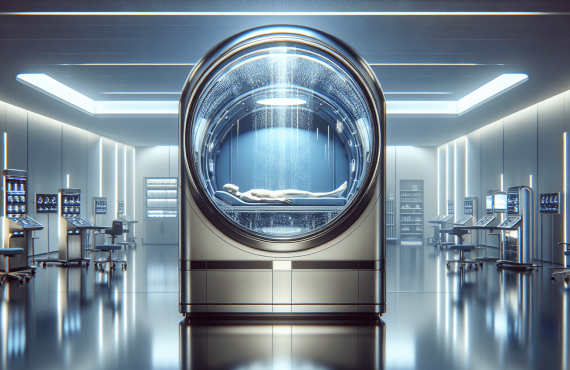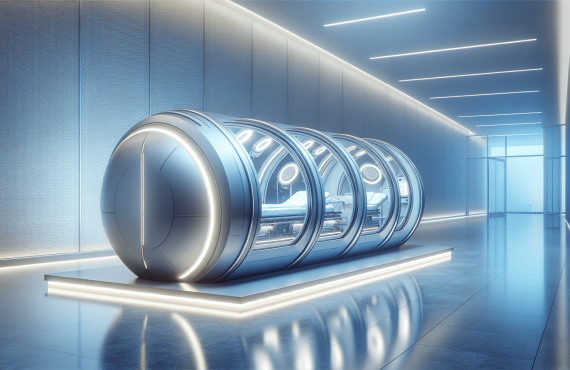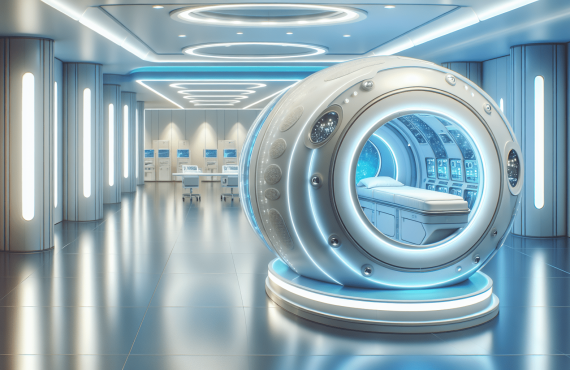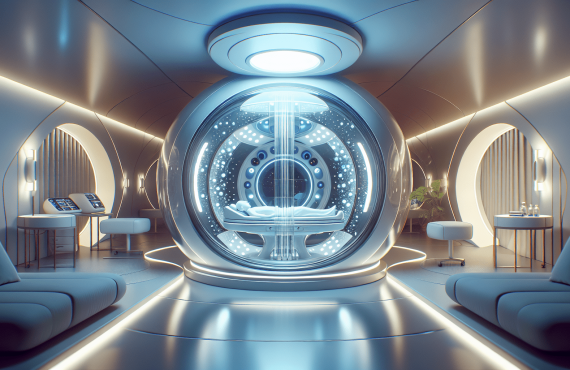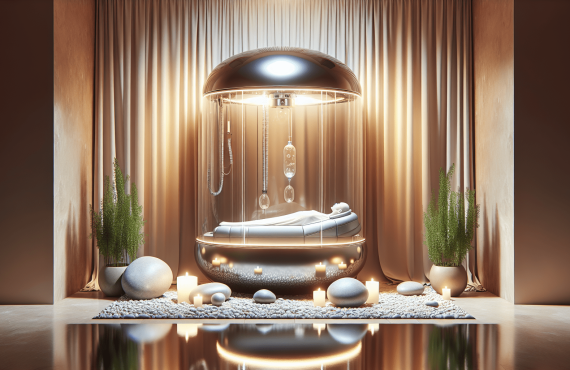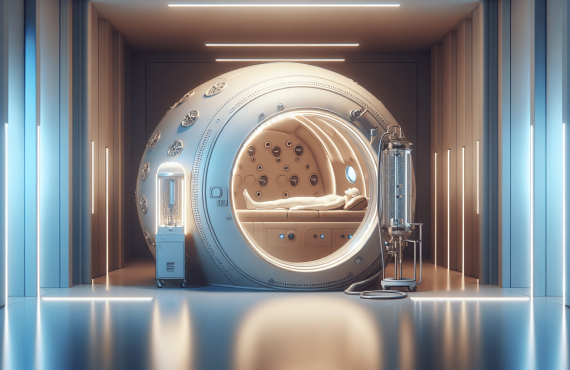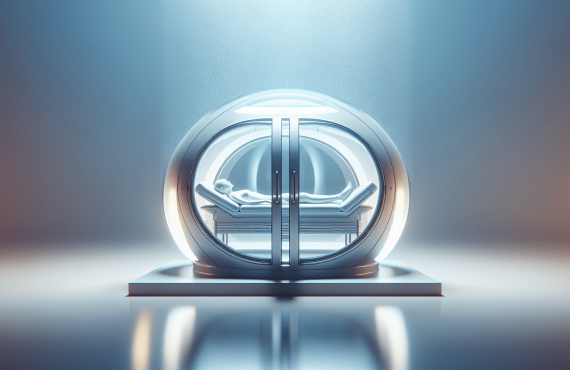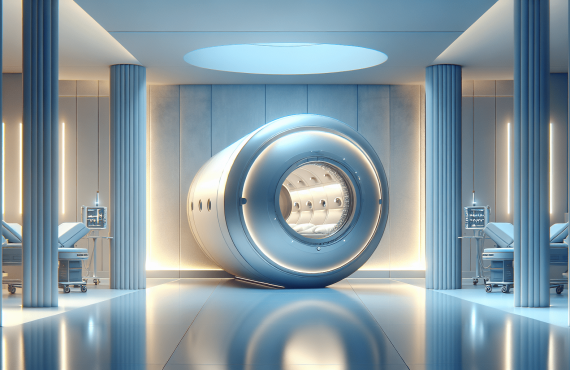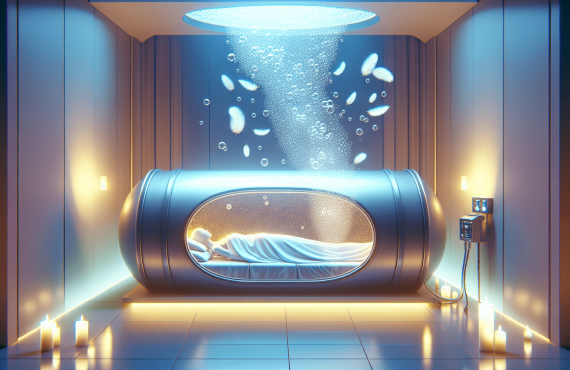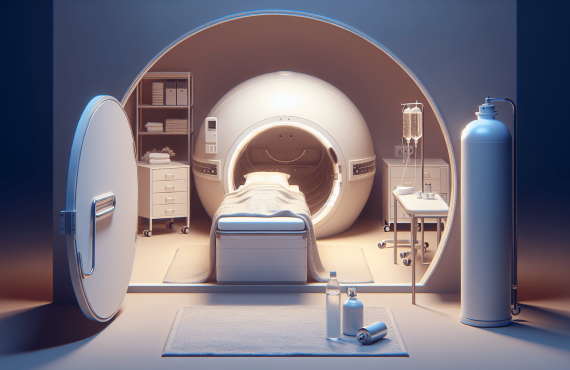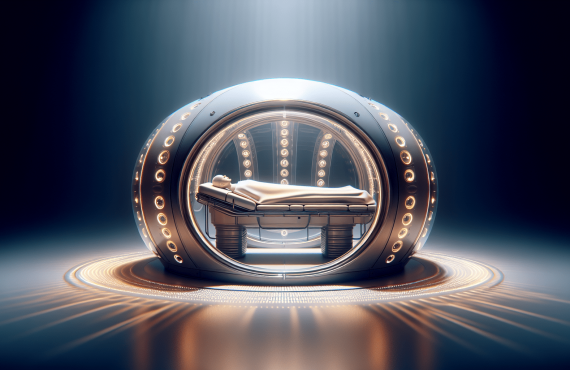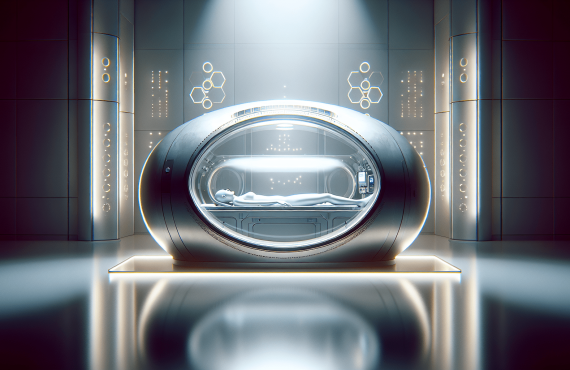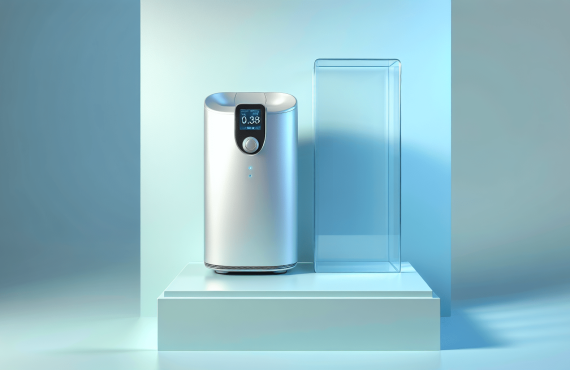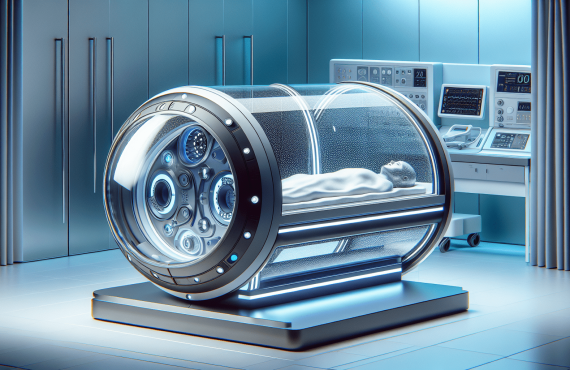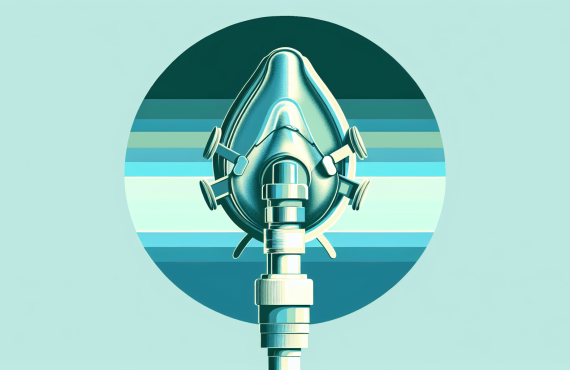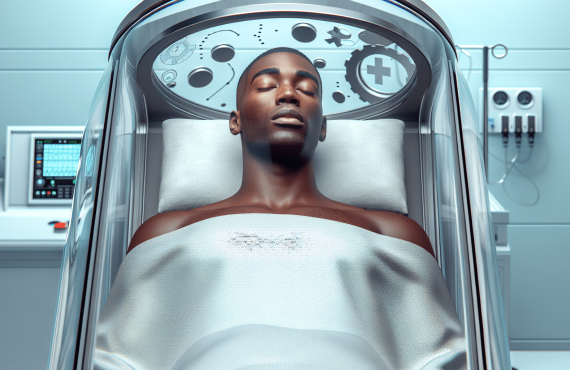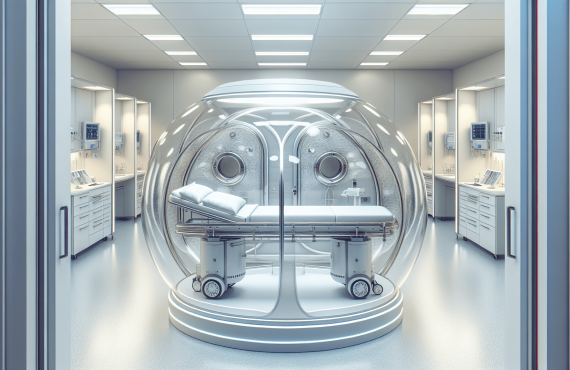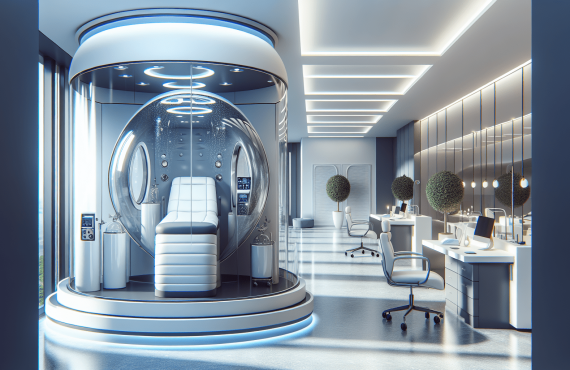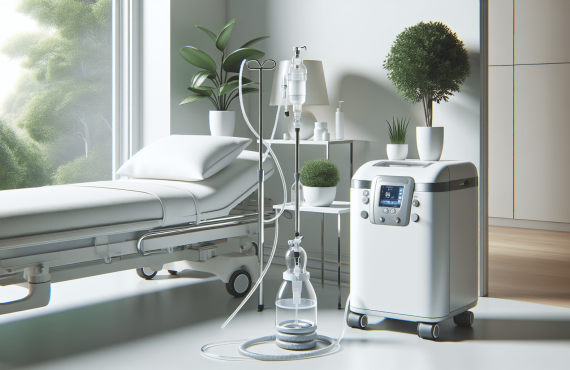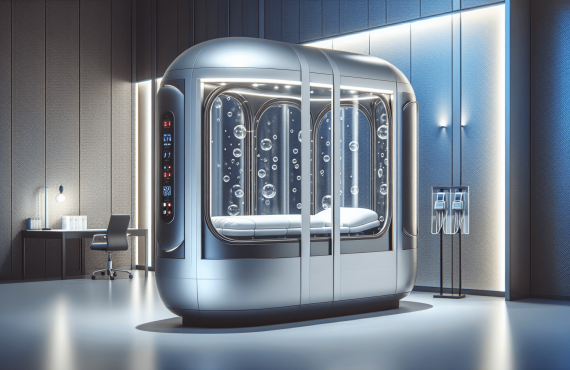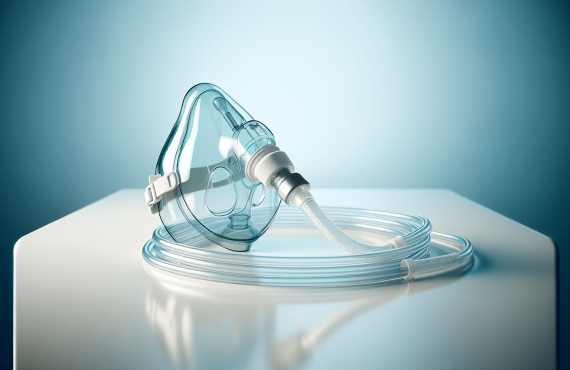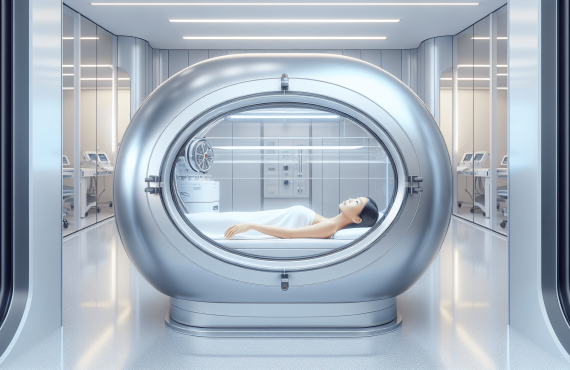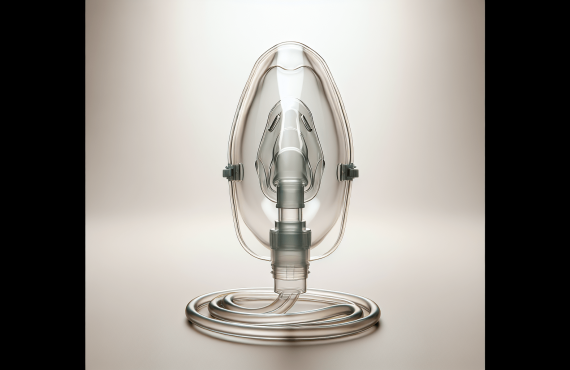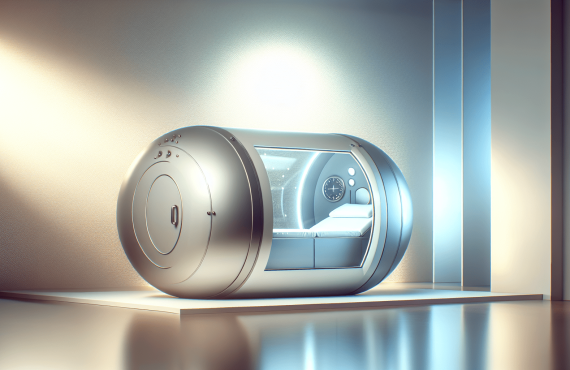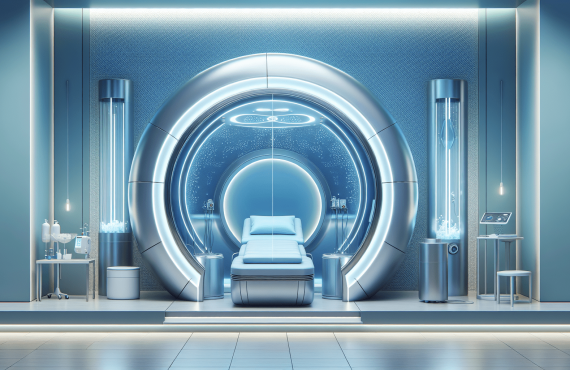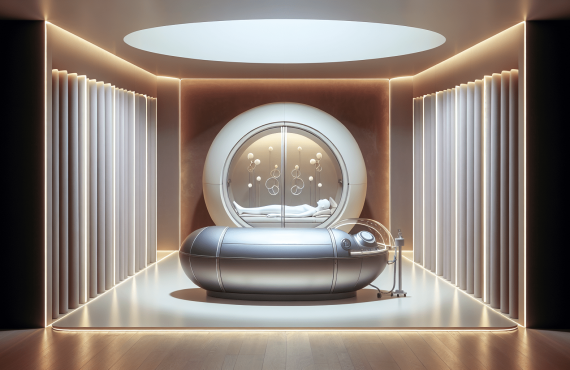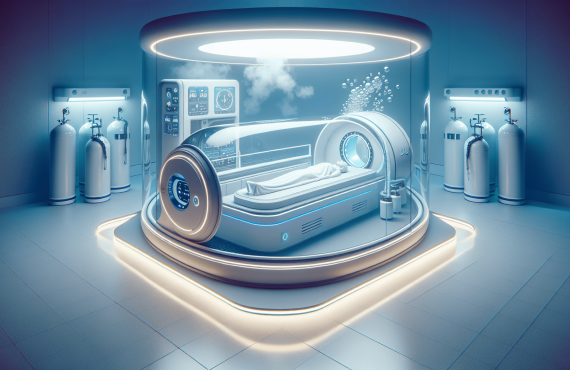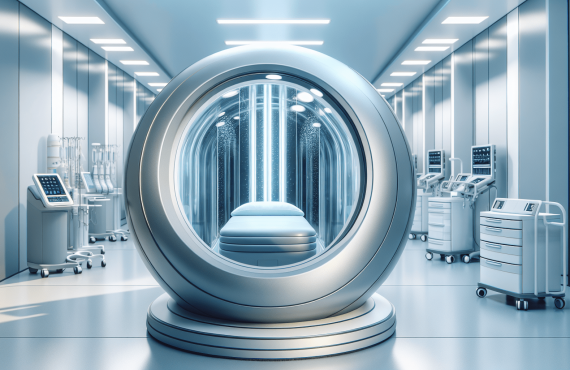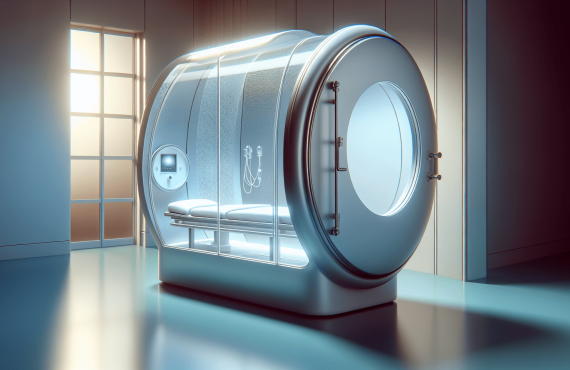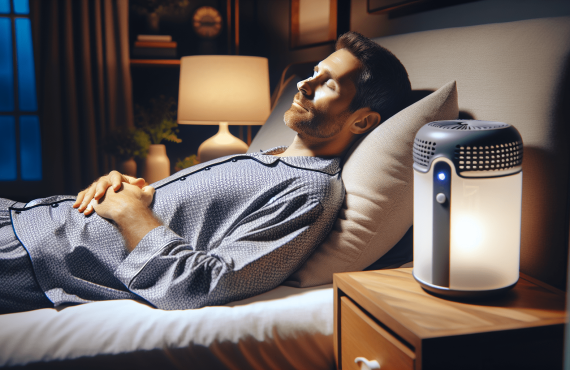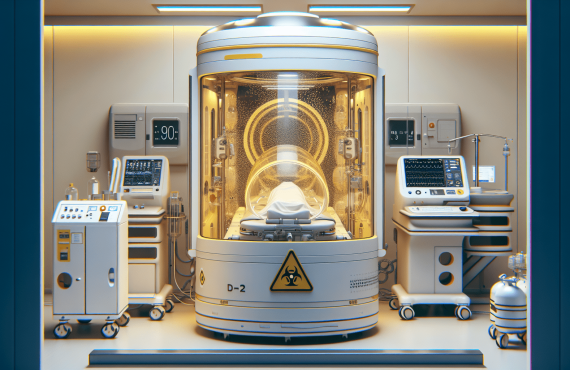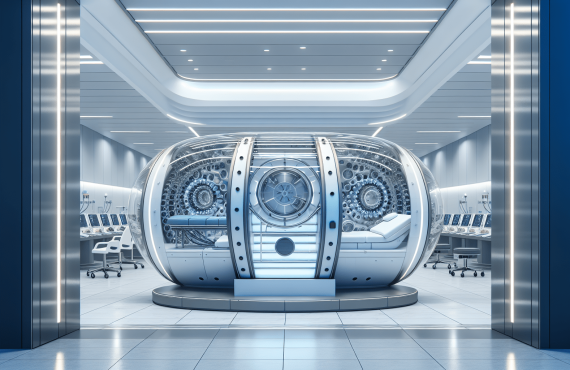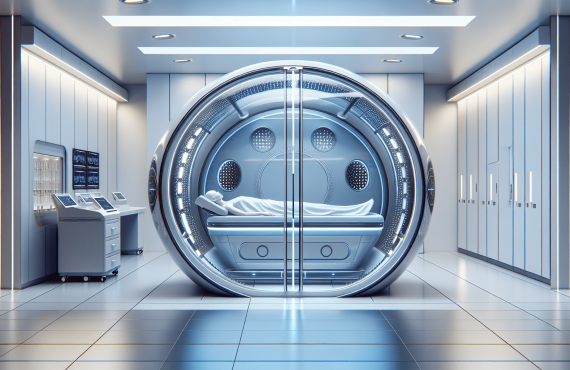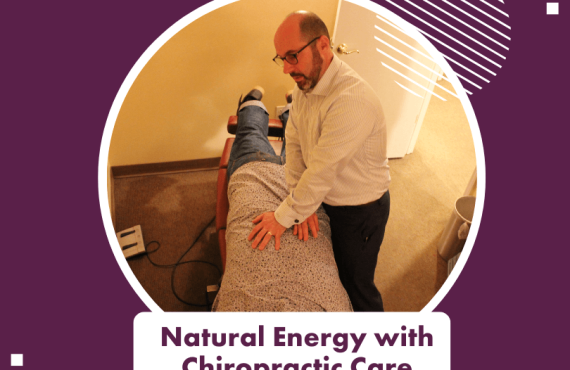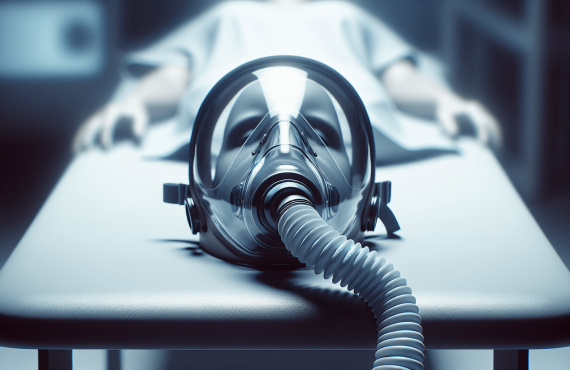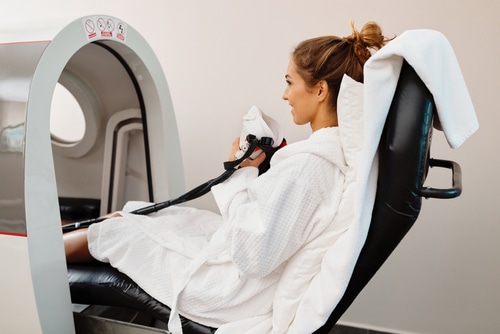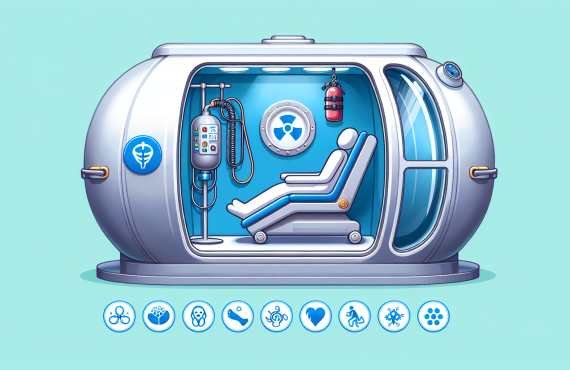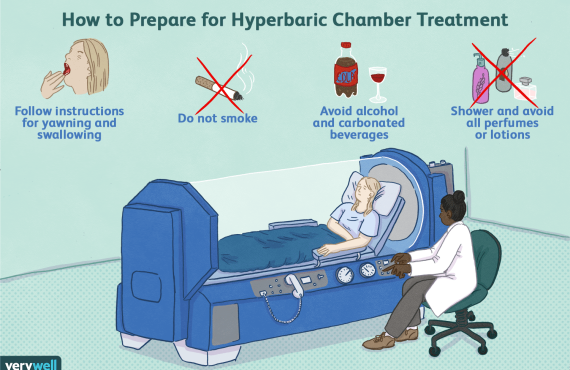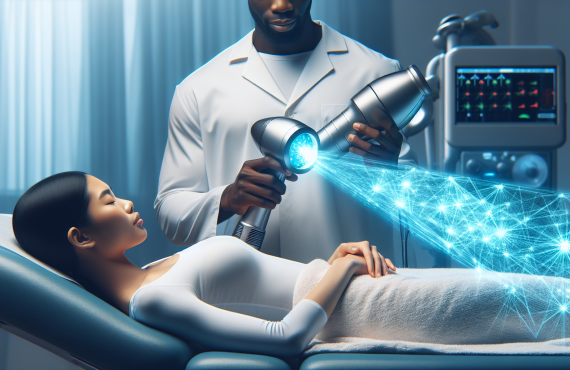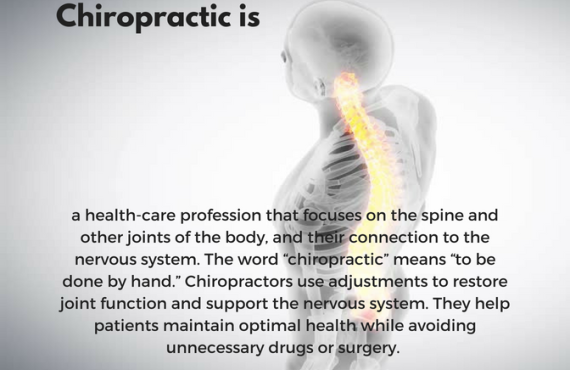Have you ever wondered why hyperbaric oxygen therapy (HBOT) stirs up so much debate in the medical community? It’s a treatment that promises a myriad of health benefits, yet it finds itself under the scrutiny of both advocates and skeptics alike.

Table of Contents
Why Is Hyperbaric Oxygen Therapy Controversial?
What is Hyperbaric Therapy?
To really get the gist of why hyperbaric oxygen therapy is controversial, it’s essential to fully understand what it entails. Hyperbaric Oxygen Therapy (HBOT) isn’t just some fad; it’s a medical treatment where you breathe pure oxygen in a pressurized environment. Imagine sitting in a futuristic-looking chamber as the pressure around you intensifies, almost mimicking the sensation of descending deep underwater. Intriguing, isn’t it?
Definition
Simply put, hyperbaric therapy involves taking in 100% oxygen at pressures higher than the normal atmospheric level. Normally, our lungs take in oxygen from the air and deliver it to our tissues through the bloodstream. However, when you are in a hyperbaric chamber, the pressure is ramped up, and so is the oxygen concentration in your blood and tissues. This can lead to some pretty fascinating health benefits that we’ll delve into.
How It Works
When you breathe in this oxygen-rich atmosphere under increased pressure, it significantly boosts the oxygen levels in your blood plasma. Under normal conditions, some areas of your body might struggle to get enough oxygen. But with HBOT, that limitation can be overcome. The oxygen-laden blood reaches every nook and cranny of your body, stimulating natural healing processes, promoting tissue repair, reducing inflammation, and giving your immune system a nice little boost. The therapy also encourages angiogenesis, or the growth of new blood vessels, which is vital for wound healing and tissue regeneration.
So, it sounds fantastic, right? But why is there a cloud of controversy hanging over it?
The Highs and Lows of HBOT: A Mixed Bag of Opinions
Advocates of HBOT
On one side, you have staunch advocates who swear by the myriad benefits of HBOT. These proponents argue that HBOT can effectively treat a range of conditions, from non-healing wounds and radiation injuries to even more controversial areas such as autism and traumatic brain injury. According to supporters, the therapy is a game-changer for those who haven’t found relief with conventional treatments.
Skeptics of HBOT
Then there’s the other side of the fence: the skeptics. These individuals raise their eyebrows at the same claims, demanding more rigorous, peer-reviewed research. Critics argue that while HBOT is FDA-approved for certain conditions (like decompression sickness, carbon monoxide poisoning, and specific kinds of non-healing wounds), many of its purported benefits lack strong scientific backing. They point out that the broader claims often lack consistency and reproducibility in research, leading to concerns that the therapy is being oversold.
FDA Approval vs. Off-Label Use
When discussing hyperbaric oxygen therapy, it’s essential to understand the concept of FDA approval versus off-label use. The FDA specifically approves HBOT for certain medical conditions, meaning there’s a robust body of evidence supporting its use in those contexts. However, many advocates promote HBOT for a much wider array of issues without FDA approval, leading to concerns about safety, efficacy, and ethical practices.
The Role of Research
Scientific research serves as the cornerstone for evaluating the efficacy of any medical treatment, including HBOT. While some studies show promising results for HBOT in treating conditions like chronic wounds and carbon monoxide poisoning, other research remains inconclusive. This variation in findings fuels the controversy, making it challenging for the medical community to reach a consensus.
Ethical Considerations
Imagine promoting a treatment that hasn’t been firmly established as effective—sounds a bit dicey, doesn’t it? The ethical ramifications are significant. On the one hand, there’s an allure to try innovative treatments, especially when other options have failed. On the other, public trust in medical treatments could be jeopardized when treatments like HBOT are marketed beyond their scientifically validated applications.
Risks and Side Effects
No treatment is without its risks, and HBOT is no exception. Common side effects may include ear pressure, sinus pain, and even more severe issues like oxygen toxicity or lung damage if not carefully monitored. These potential downsides further complicate the debate, making it clear why some medical professionals urge caution.
FAQs About Hyperbaric Oxygen Therapy
1. Is Hyperbaric Oxygen Therapy safe?
HBOT is generally safe but does come with some risks. Always consult a healthcare provider for a thorough evaluation before considering this treatment.
2. What conditions is HBOT approved to treat?
The FDA approves HBOT for conditions such as decompression sickness, carbon monoxide poisoning, and certain types of non-healing wounds.
3. How long does a session last?
Each HBOT session typically lasts between 60 to 90 minutes, although the duration can vary based on the condition being treated.
4. How many sessions are usually required?
The number of sessions required can vary significantly depending on the condition being treated and individual patient response. Your healthcare provider will offer the best guidance based on your specific needs.
5. Are there side effects?
While generally safe, HBOT can cause side effects like ear pressure, sinus pain, and in rare cases, more significant complications such as oxygen toxicity or lung damage.

The Bottom Line
The conversation surrounding hyperbaric oxygen therapy is complex and multi-faceted. While it holds promising potential for many conditions, it’s also a treatment shrouded in controversy. As a patient or caregiver, your best course of action is to conduct thorough research, consult trusted medical professionals, and weigh the benefits versus the risks.
For those in Pensacola and surrounding areas, considering the expertise at Henry Chiropractic could be a wise move. Under the guidance of Dr. Craig Henry and Dr. Aaron Hixon, you could get well-rounded insight into whether HBOT or other chiropractic treatments might be suitable for you.
Henry Chiropractic
1823 N 9th Ave
Pensacola, FL 32503
(850) 435-7777
Henry Chiropractic
These professionals are committed to improving health and wellness in their community, utilizing a variety of methods to ensure you get the care you need. Whether it’s back or neck pain or an interest in hyperbaric oxygen therapy, they’re here to help you navigate your health journey.
Understanding both the potential and the controversy of treatments like hyperbaric oxygen therapy is crucial for making informed decisions about your health. And remember, the key always lies in professional and informed guidance.


